一 : in the radio和on the radio有什么区别?
in the radio和on the radio有什么区别?
in the radio是指在收音机里听到的内容,比如:I got that news in the radio.我从收音机里得到了那个消息.
on the radio是指方位,就在收音机上面.比如:I put my book on the radio.我把我的书放在收音机上面了.
二 : 新外研版八年级下Module10 On the radio Unit2

on the radio 新外研版八年级下Module10 On the radio Unit2
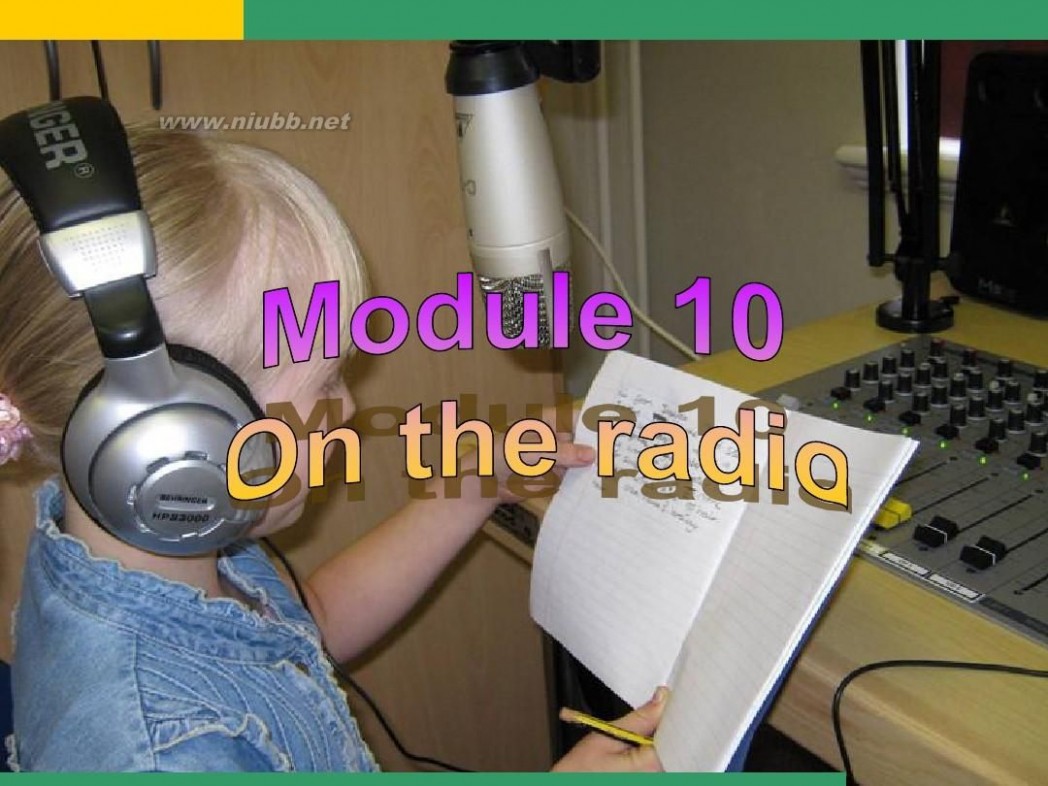
on the radio 新外研版八年级下Module10 On the radio Unit2

on the radio 新外研版八年级下Module10 On the radio Unit2

on the radio 新外研版八年级下Module10 On the radio Unit2
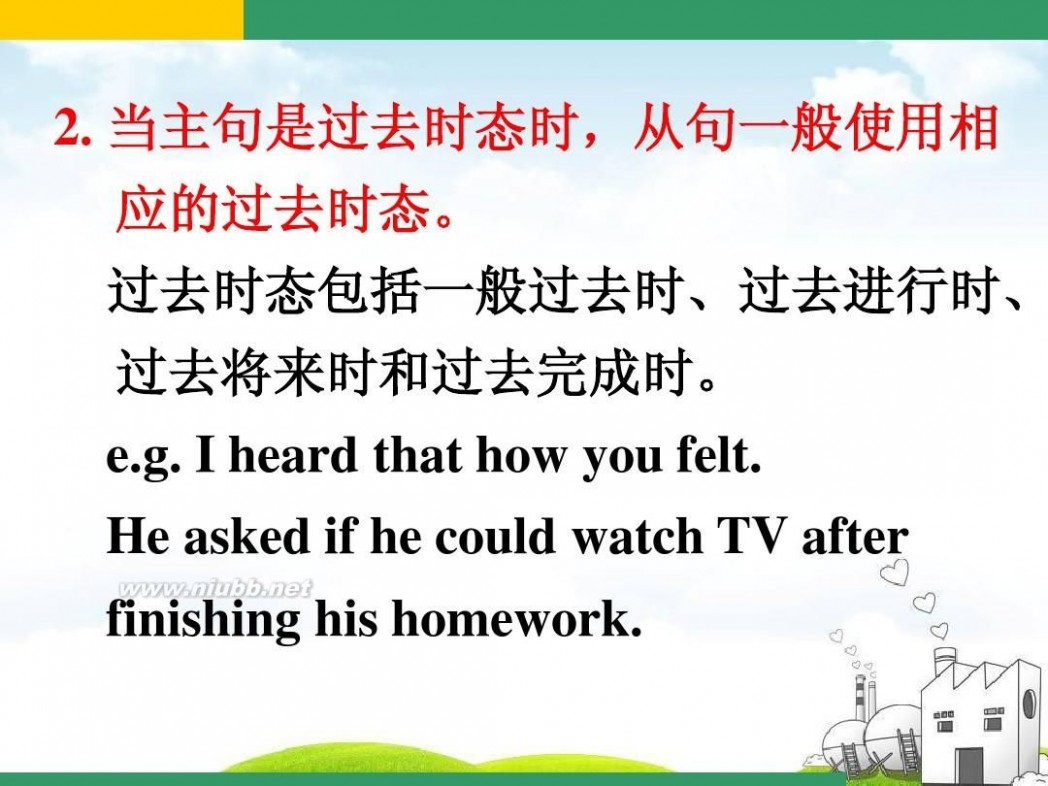
on the radio 新外研版八年级下Module10 On the radio Unit2
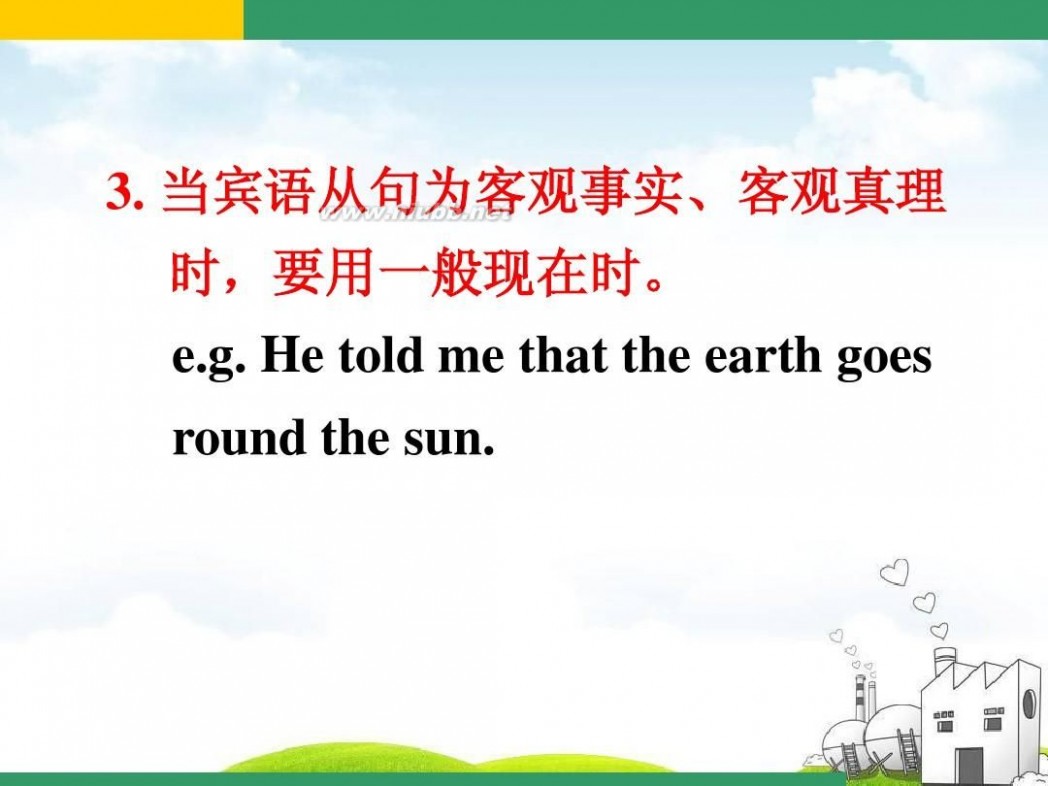
on the radio 新外研版八年级下Module10 On the radio Unit2

on the radio 新外研版八年级下Module10 On the radio Unit2

on the radio 新外研版八年级下Module10 On the radio Unit2

on the radio 新外研版八年级下Module10 On the radio Unit2
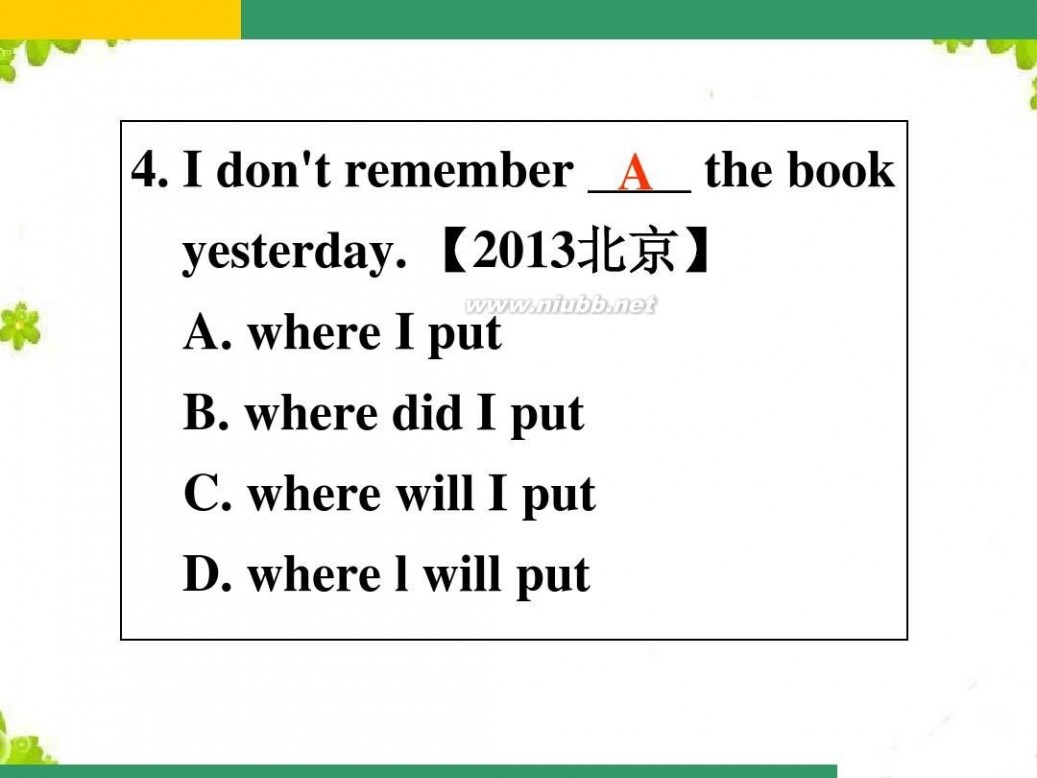
on the radio 新外研版八年级下Module10 On the radio Unit2
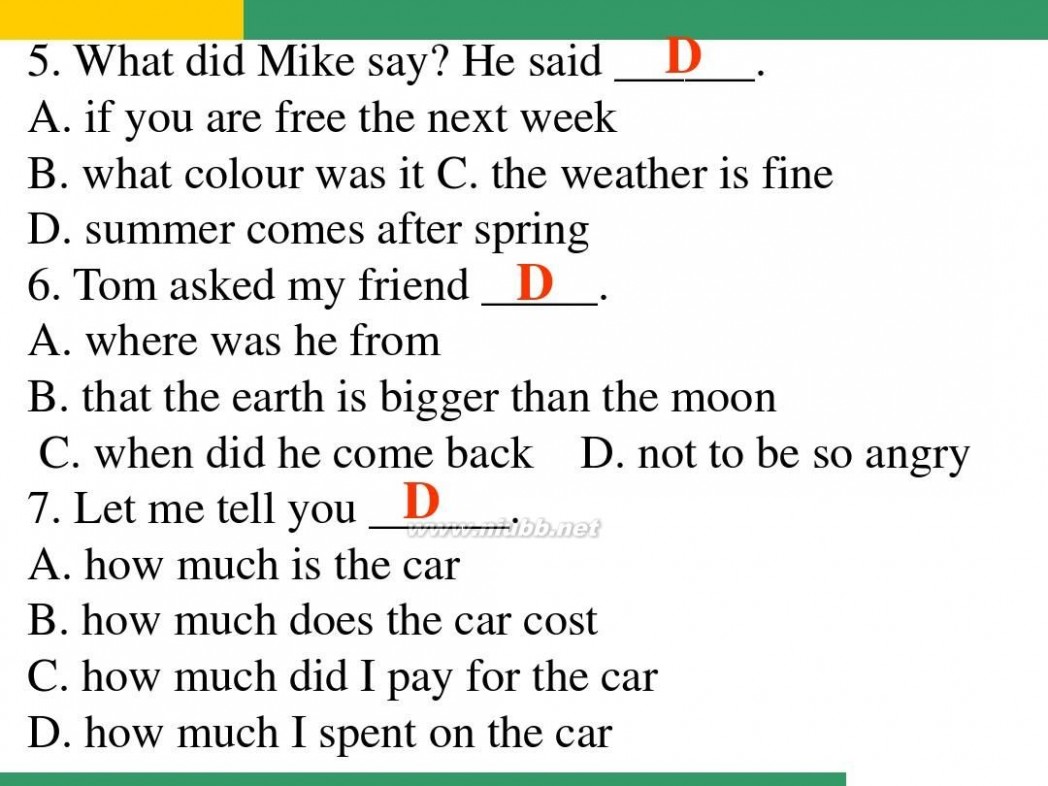
on the radio 新外研版八年级下Module10 On the radio Unit2

on the radio 新外研版八年级下Module10 On the radio Unit2
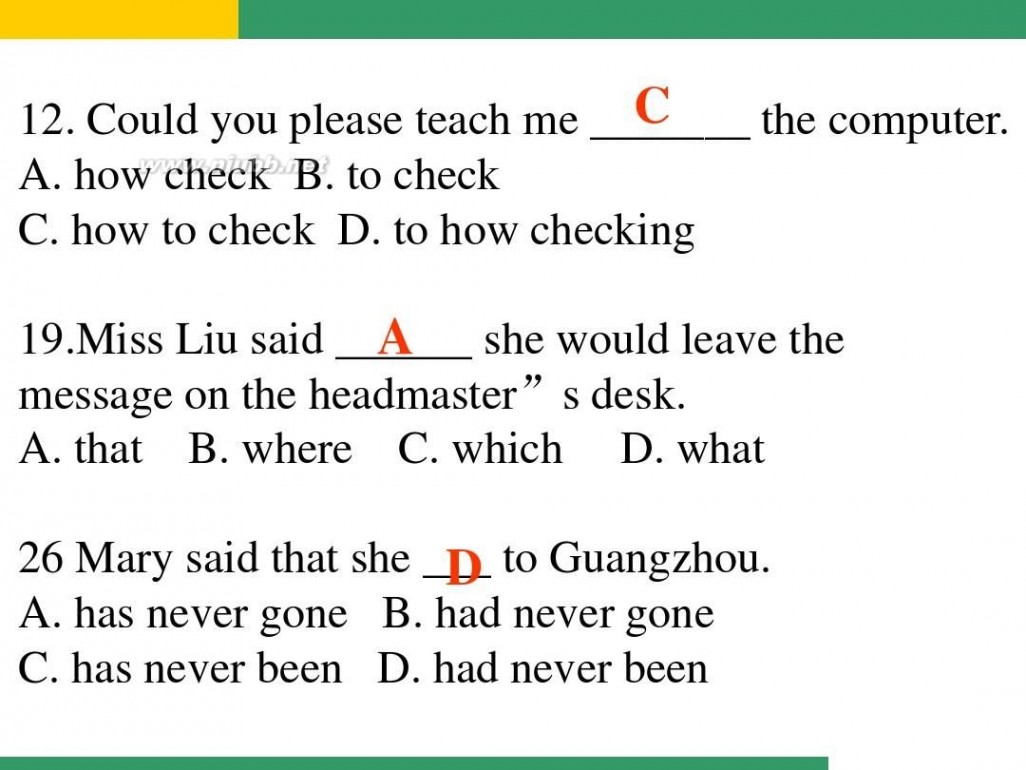
on the radio 新外研版八年级下Module10 On the radio Unit2

on the radio 新外研版八年级下Module10 On the radio Unit2

on the radio 新外研版八年级下Module10 On the radio Unit2

on the radio 新外研版八年级下Module10 On the radio Unit2
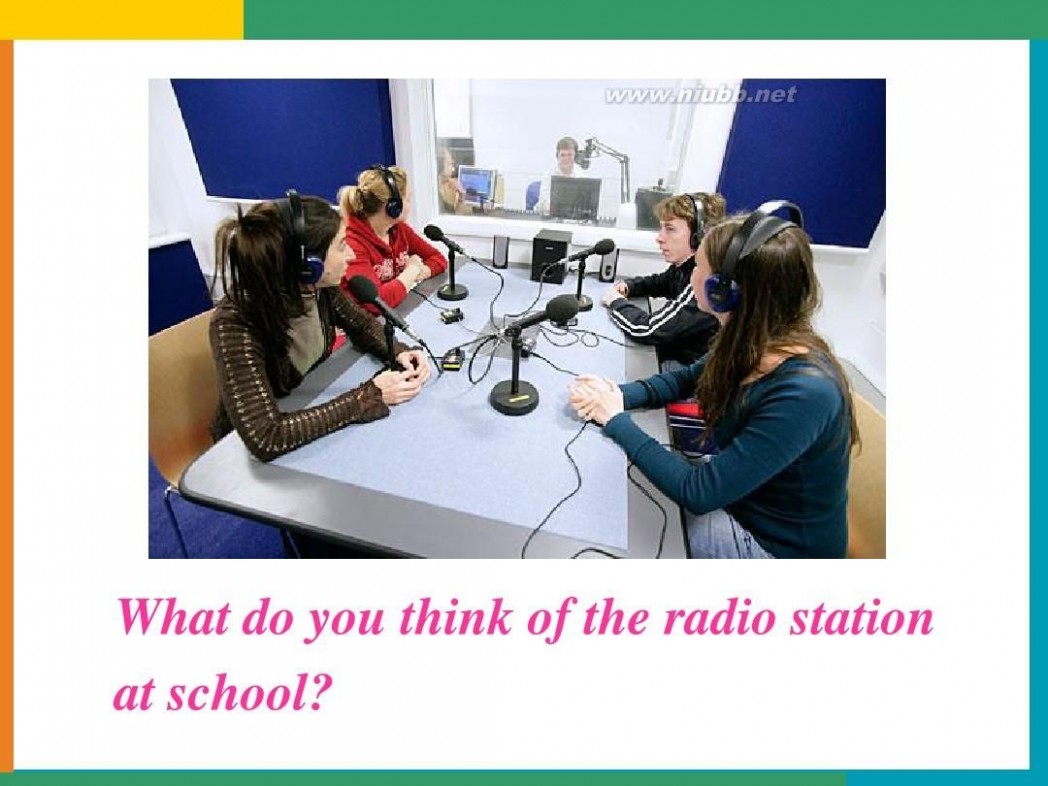
on the radio 新外研版八年级下Module10 On the radio Unit2

on the radio 新外研版八年级下Module10 On the radio Unit2

on the radio 新外研版八年级下Module10 On the radio Unit2
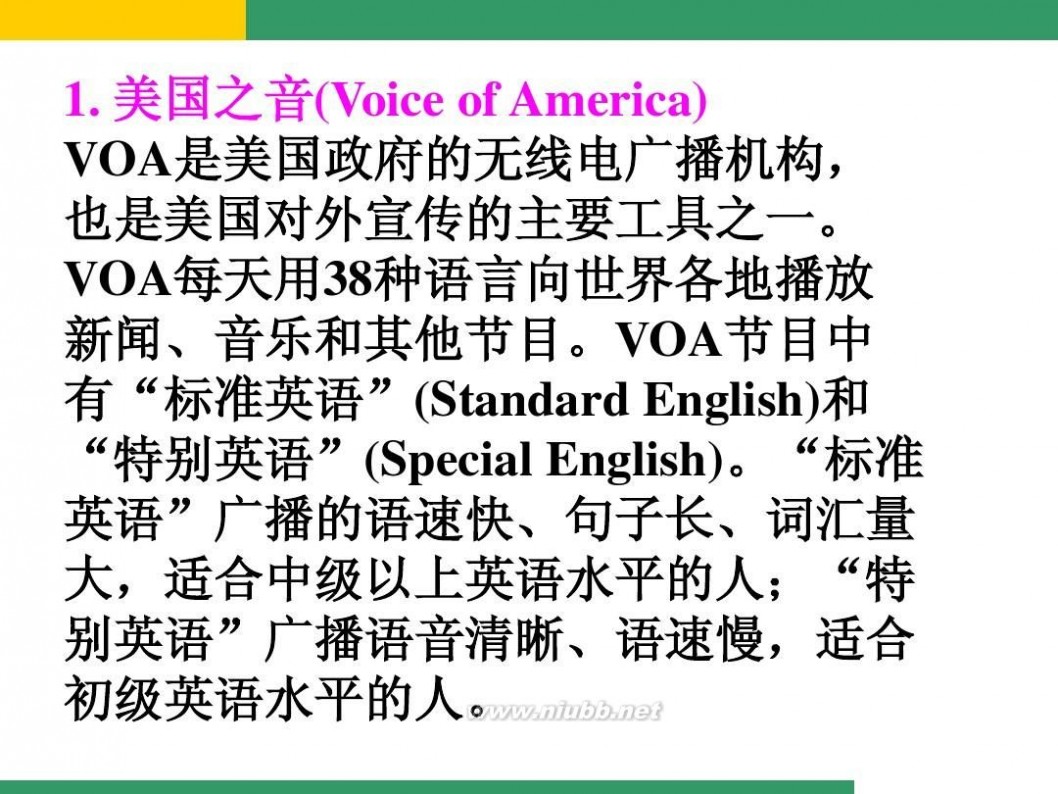
on the radio 新外研版八年级下Module10 On the radio Unit2
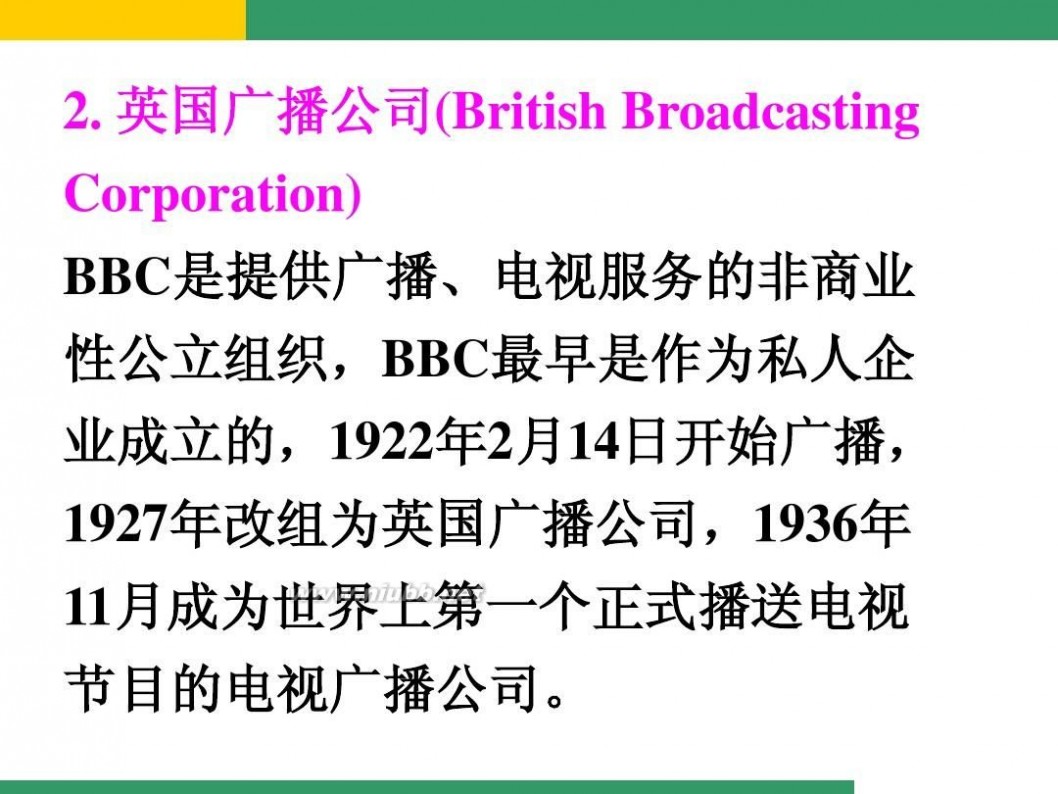
on the radio 新外研版八年级下Module10 On the radio Unit2
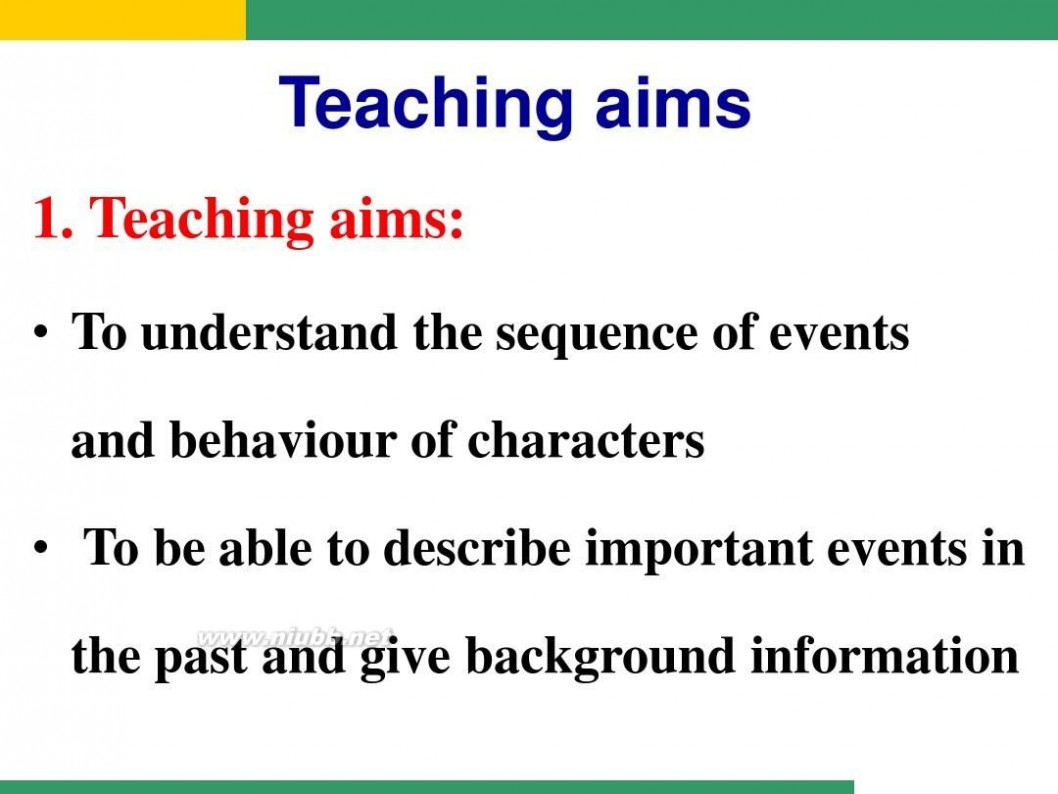
on the radio 新外研版八年级下Module10 On the radio Unit2
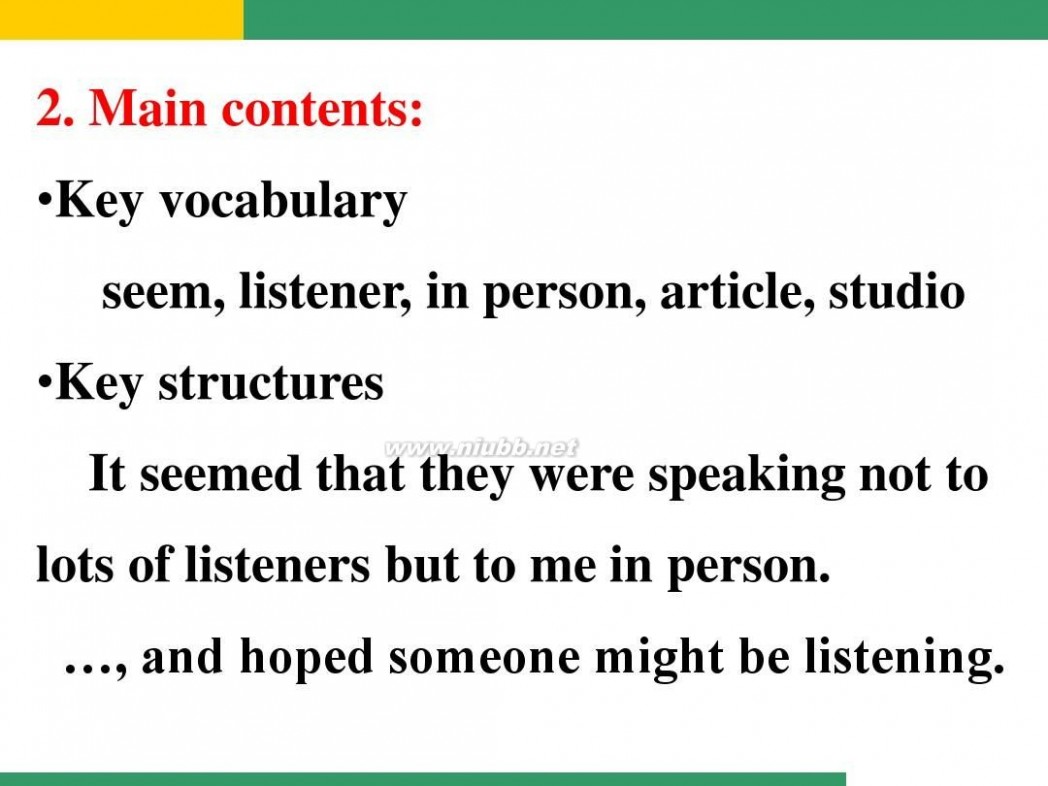
on the radio 新外研版八年级下Module10 On the radio Unit2
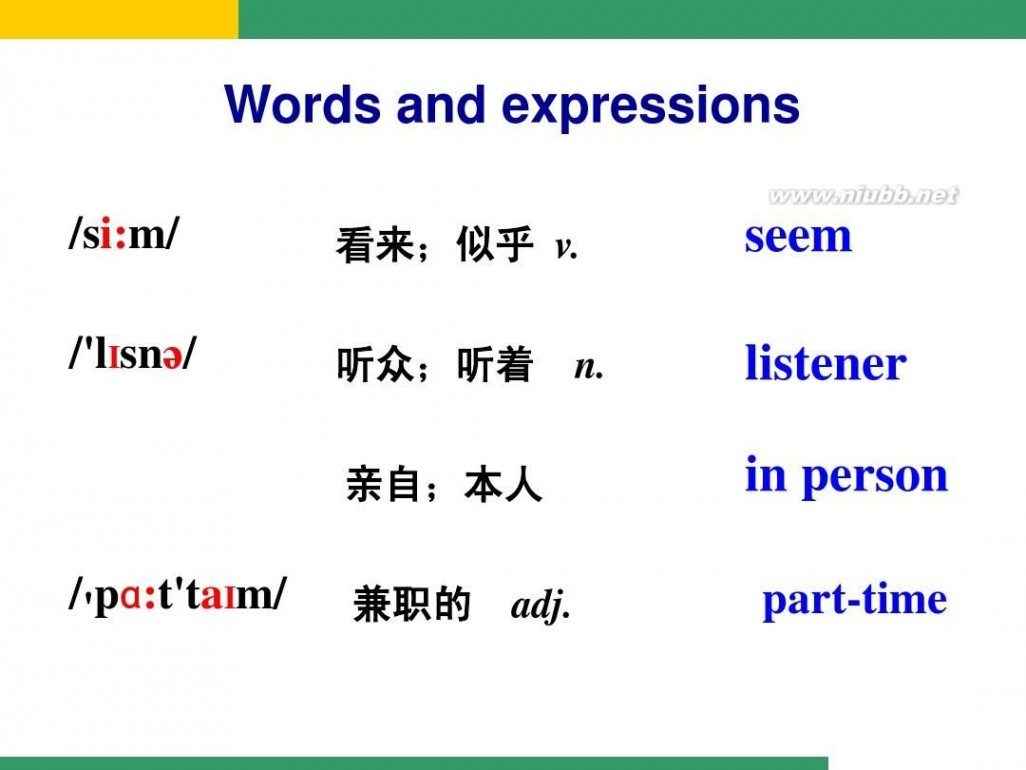
on the radio 新外研版八年级下Module10 On the radio Unit2
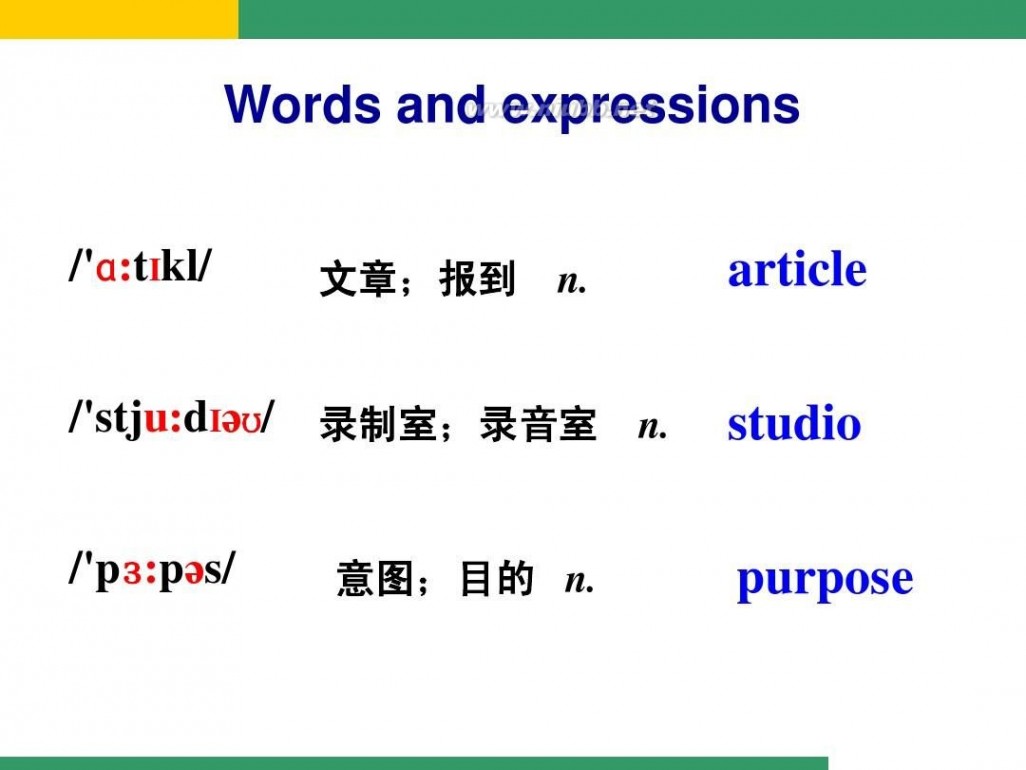
on the radio 新外研版八年级下Module10 On the radio Unit2
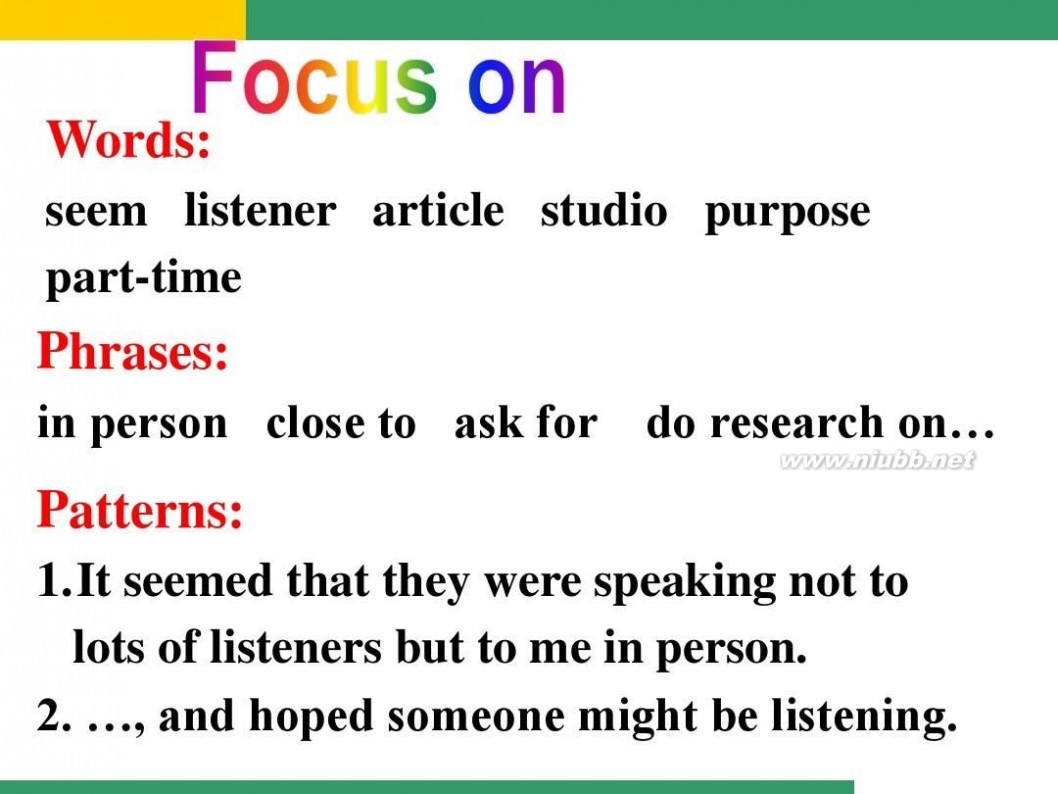
on the radio 新外研版八年级下Module10 On the radio Unit2
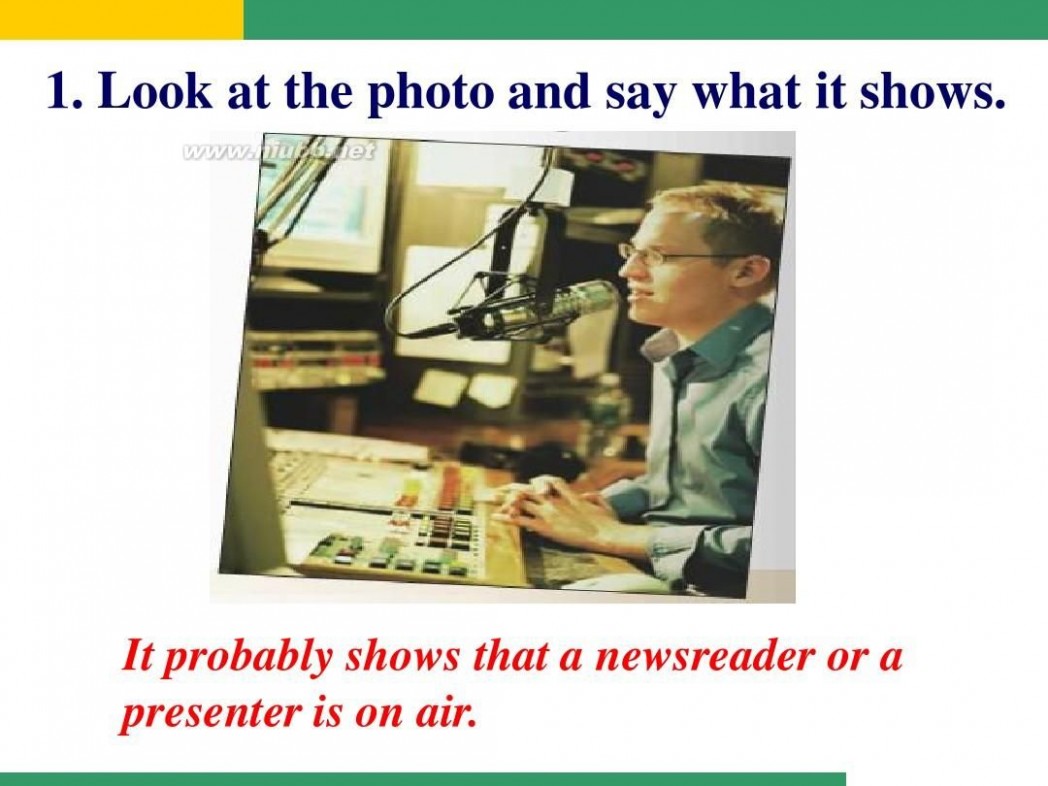
on the radio 新外研版八年级下Module10 On the radio Unit2
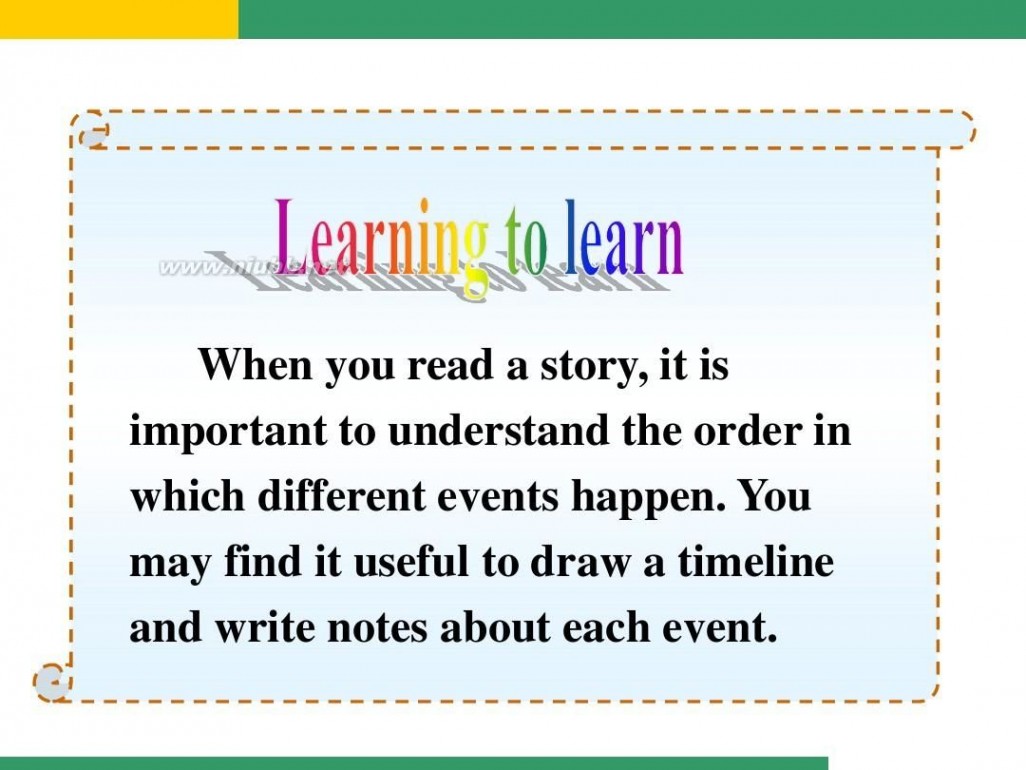
on the radio 新外研版八年级下Module10 On the radio Unit2

on the radio 新外研版八年级下Module10 On the radio Unit2
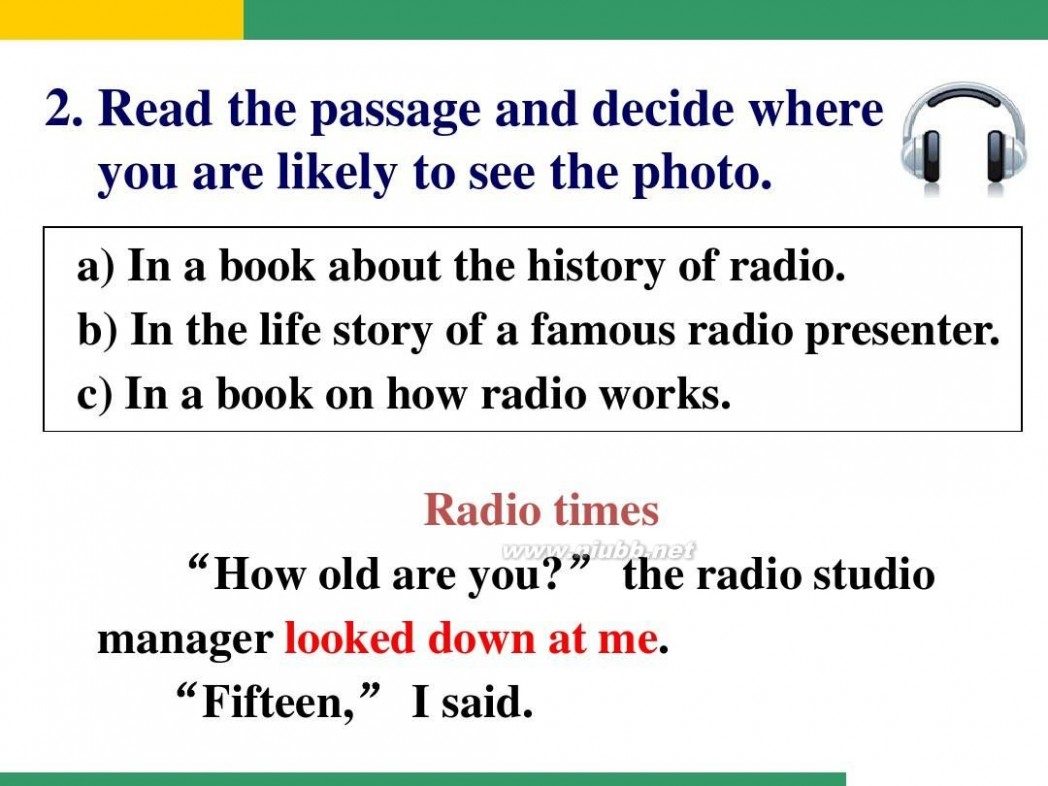
on the radio 新外研版八年级下Module10 On the radio Unit2
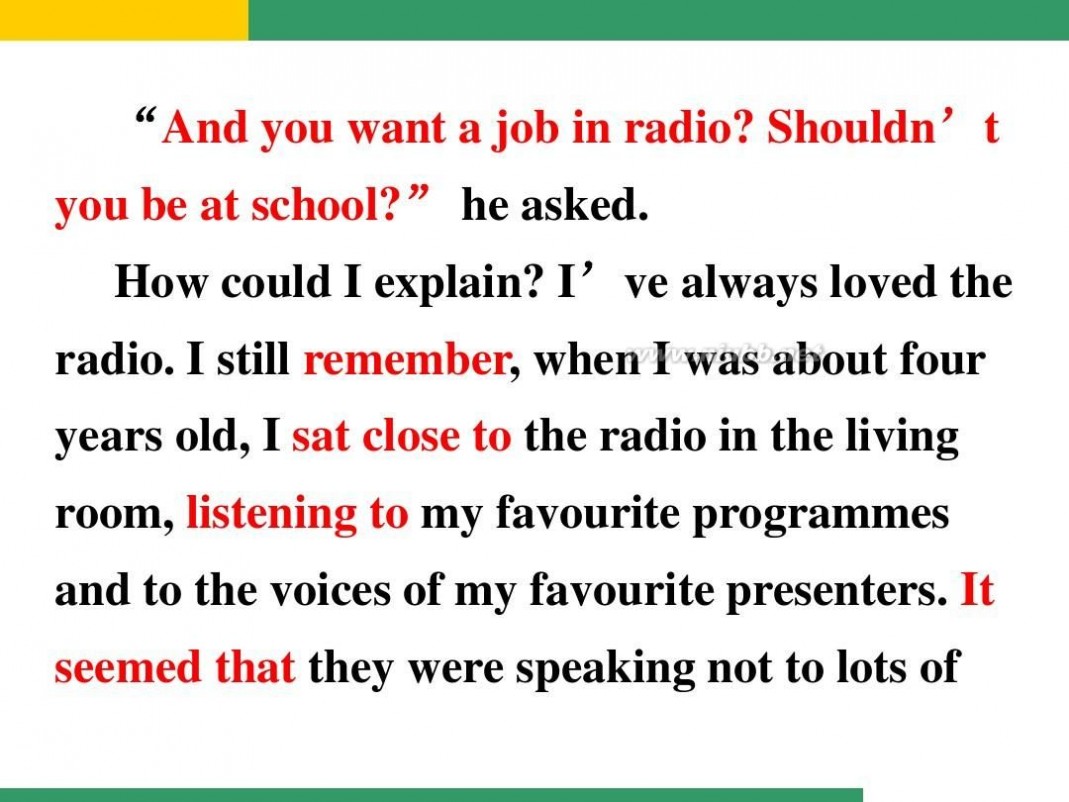
on the radio 新外研版八年级下Module10 On the radio Unit2
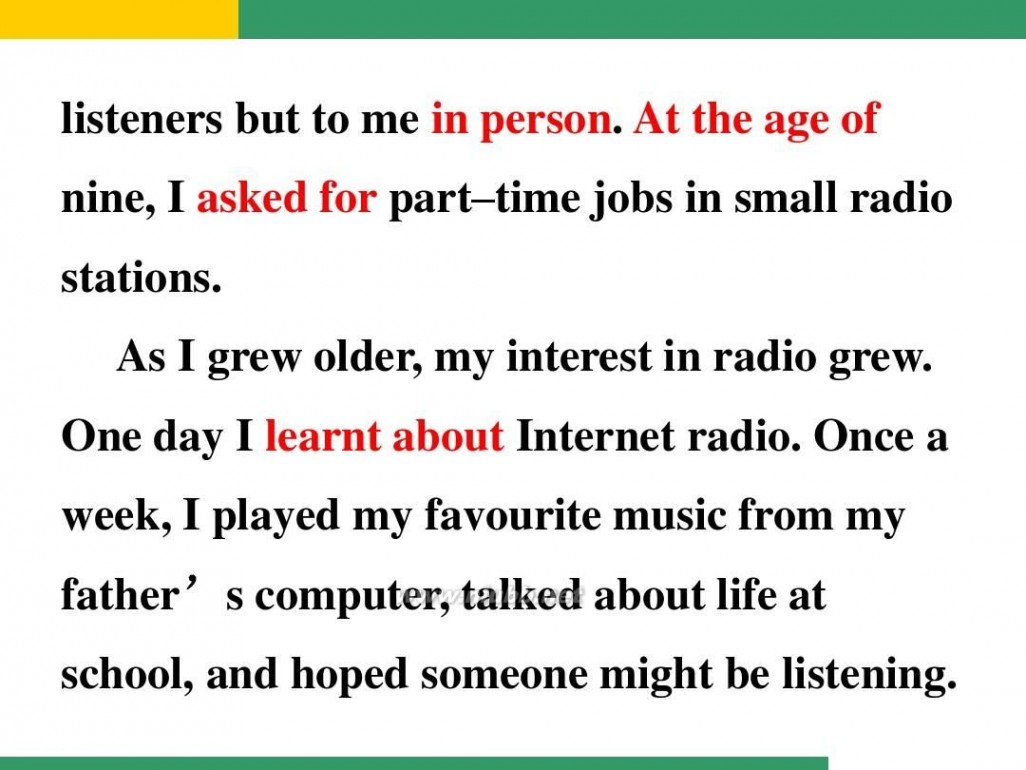
on the radio 新外研版八年级下Module10 On the radio Unit2

on the radio 新外研版八年级下Module10 On the radio Unit2
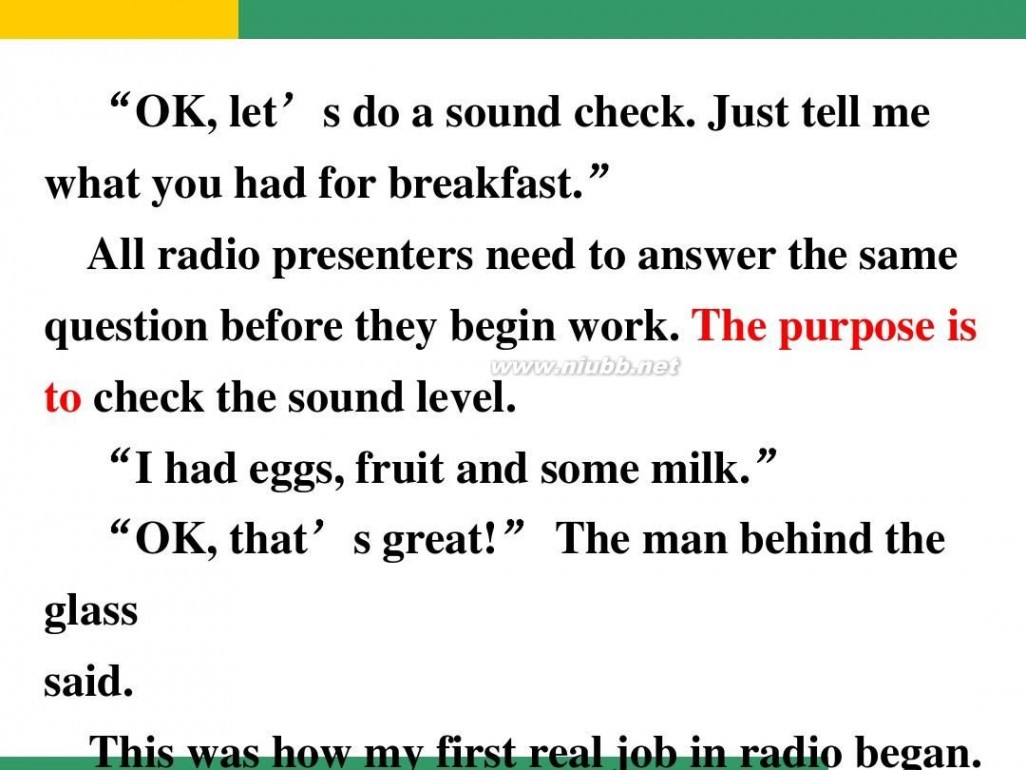
on the radio 新外研版八年级下Module10 On the radio Unit2

on the radio 新外研版八年级下Module10 On the radio Unit2
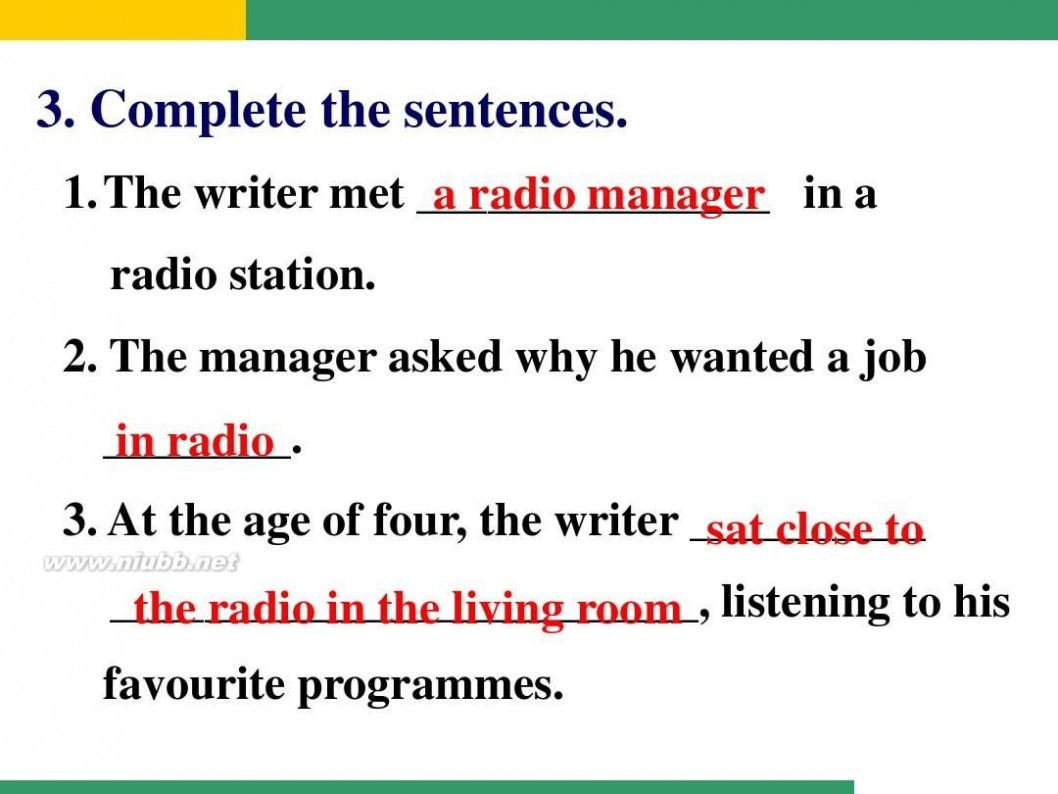
on the radio 新外研版八年级下Module10 On the radio Unit2
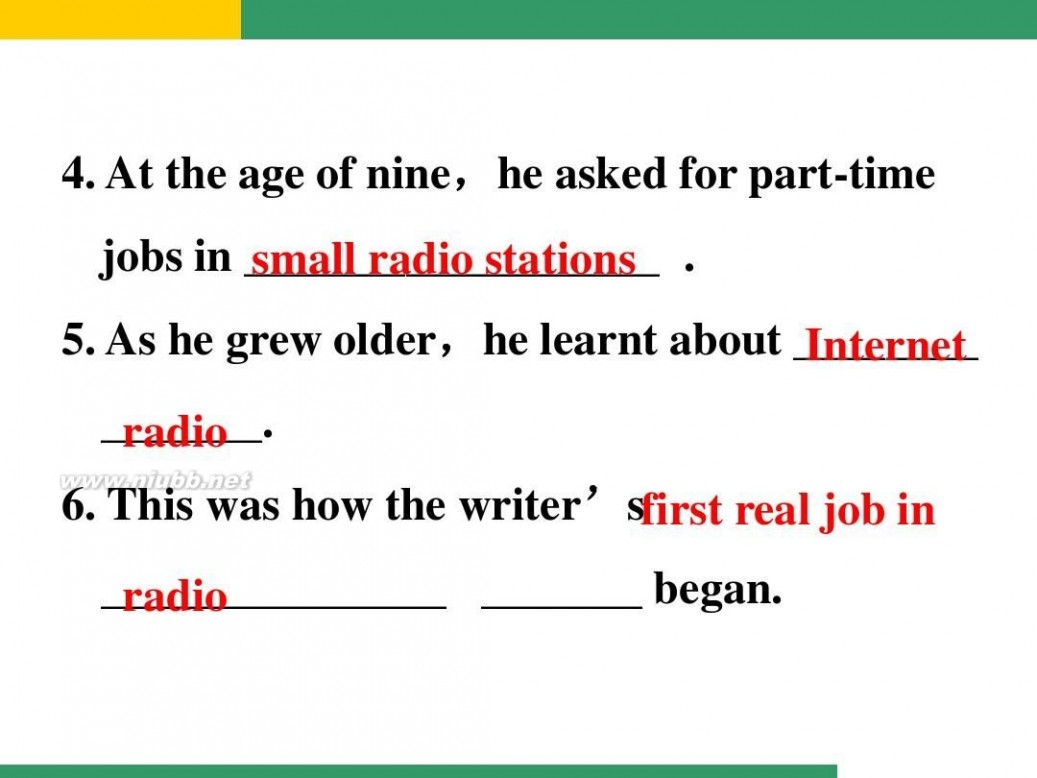
on the radio 新外研版八年级下Module10 On the radio Unit2
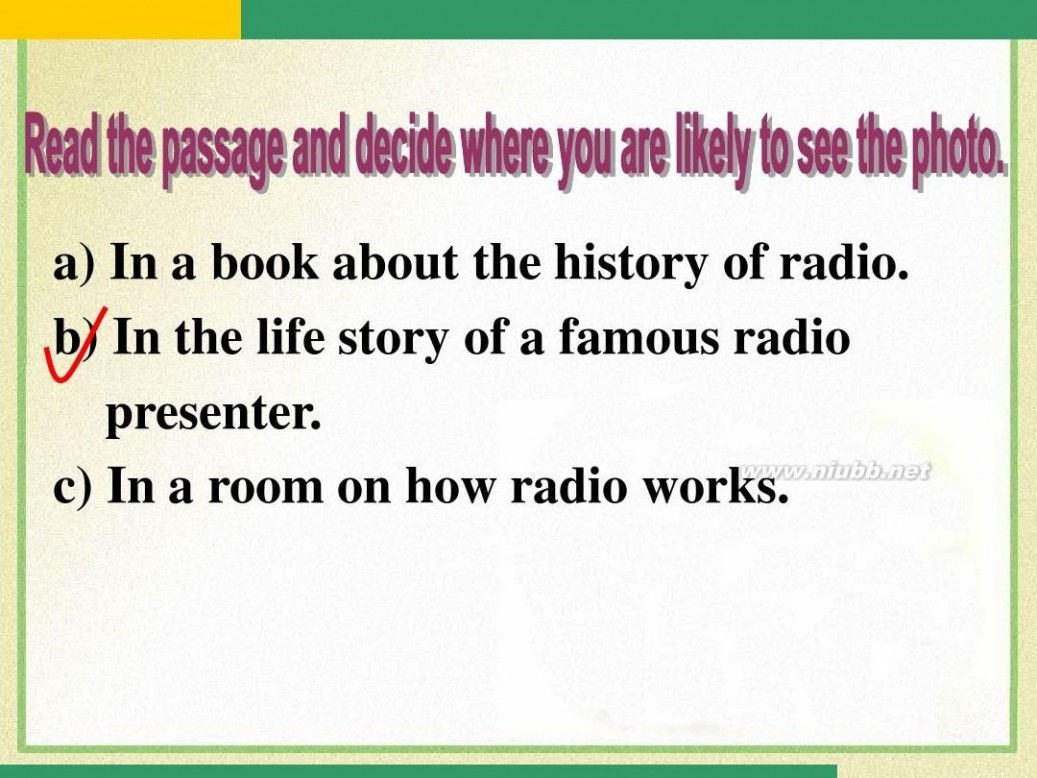
on the radio 新外研版八年级下Module10 On the radio Unit2
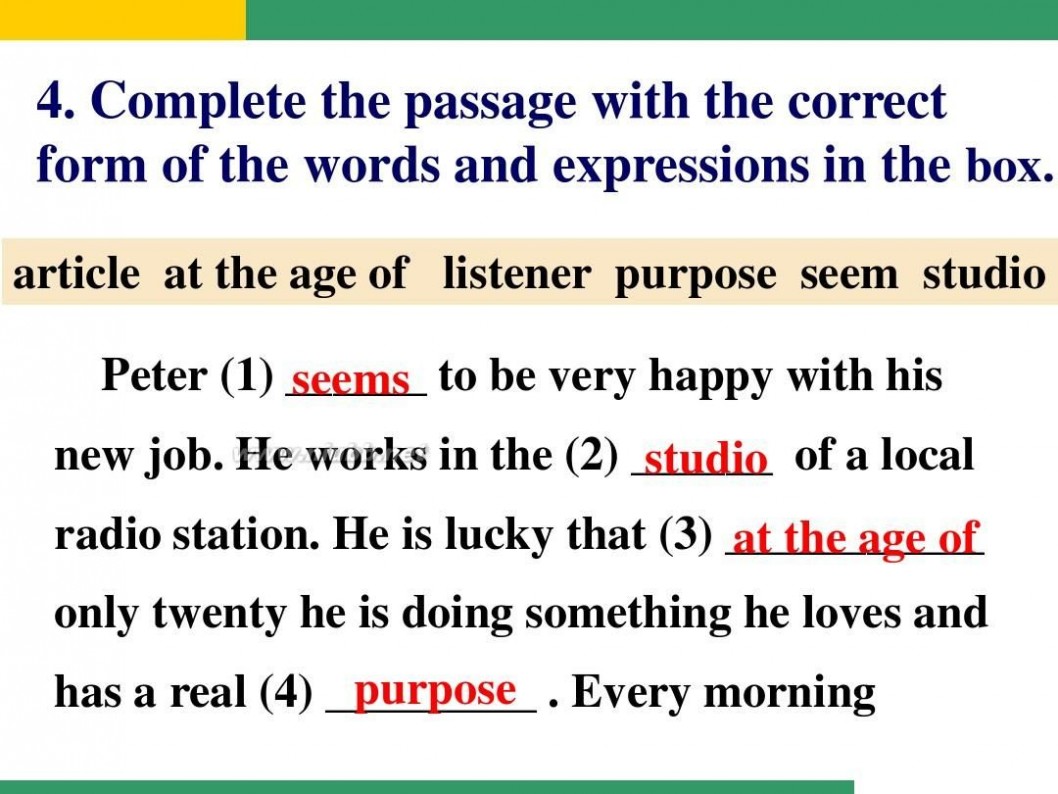
on the radio 新外研版八年级下Module10 On the radio Unit2
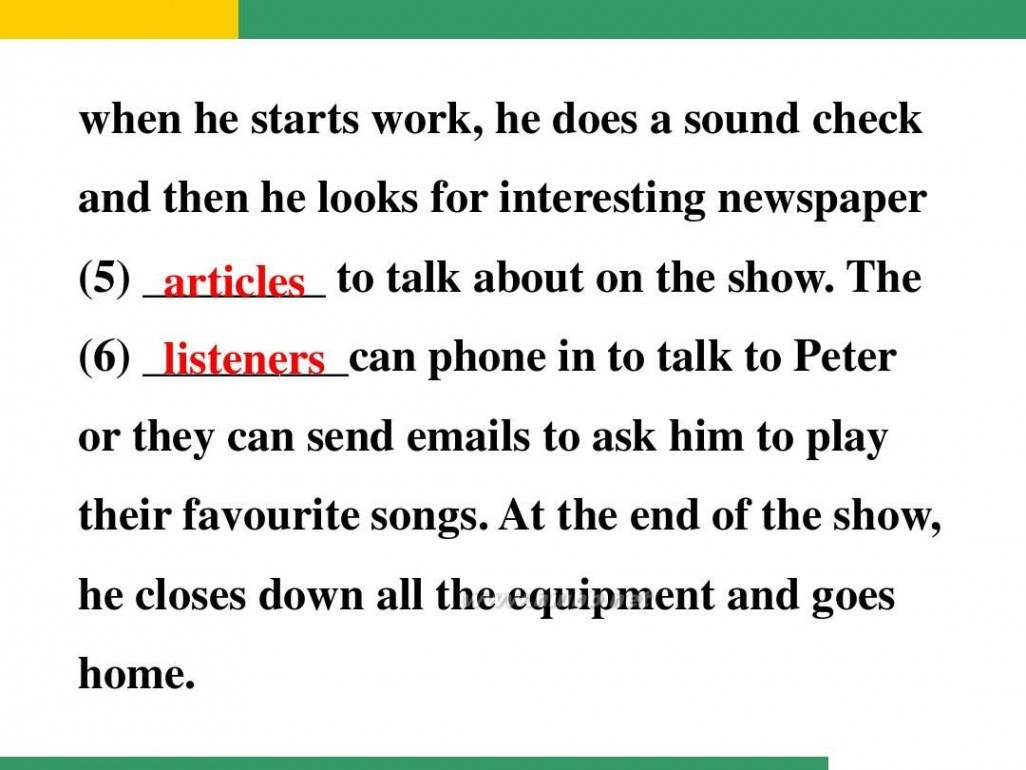
on the radio 新外研版八年级下Module10 On the radio Unit2
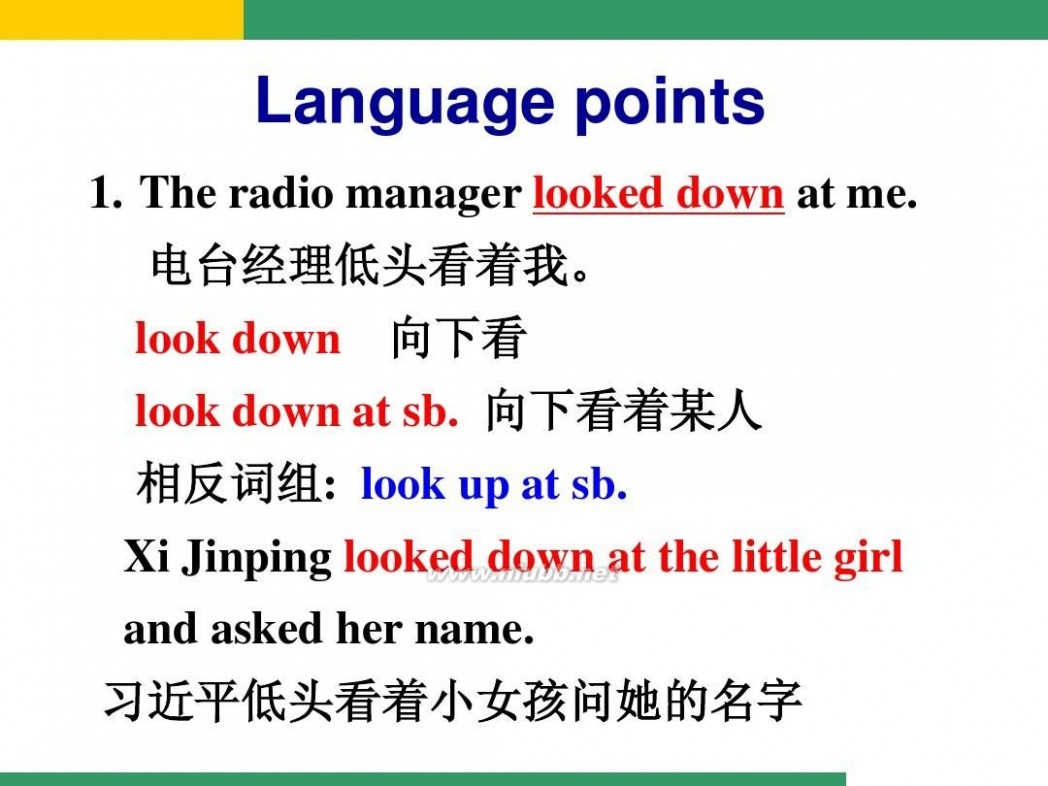
on the radio 新外研版八年级下Module10 On the radio Unit2
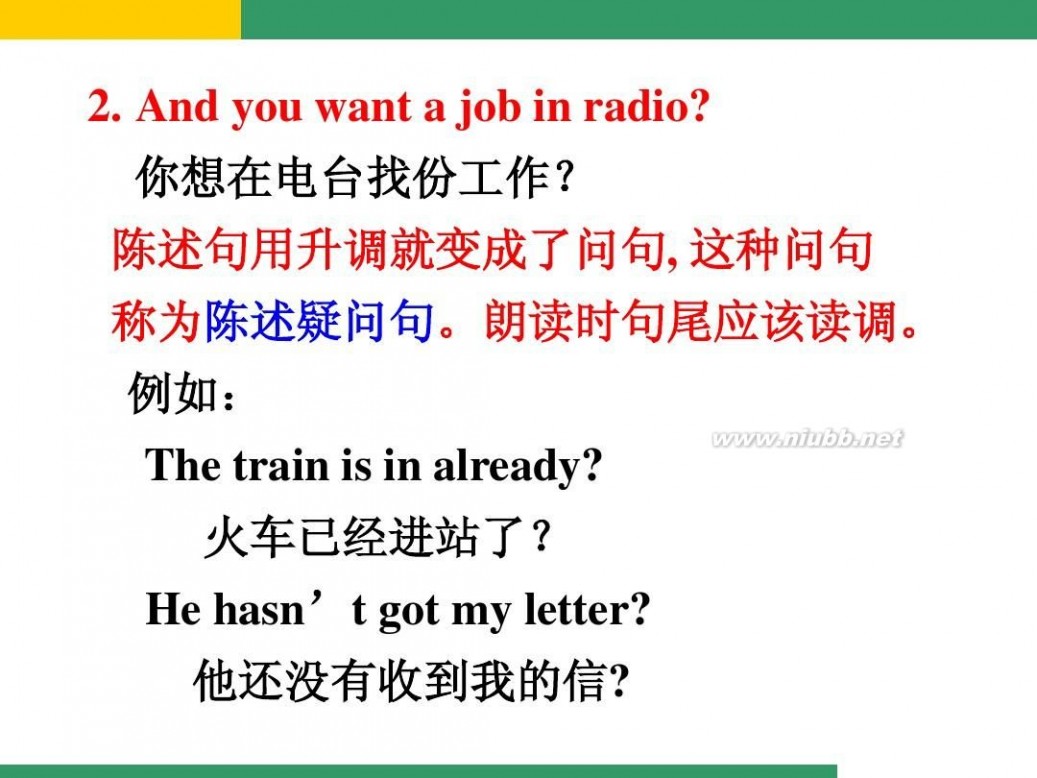
on the radio 新外研版八年级下Module10 On the radio Unit2
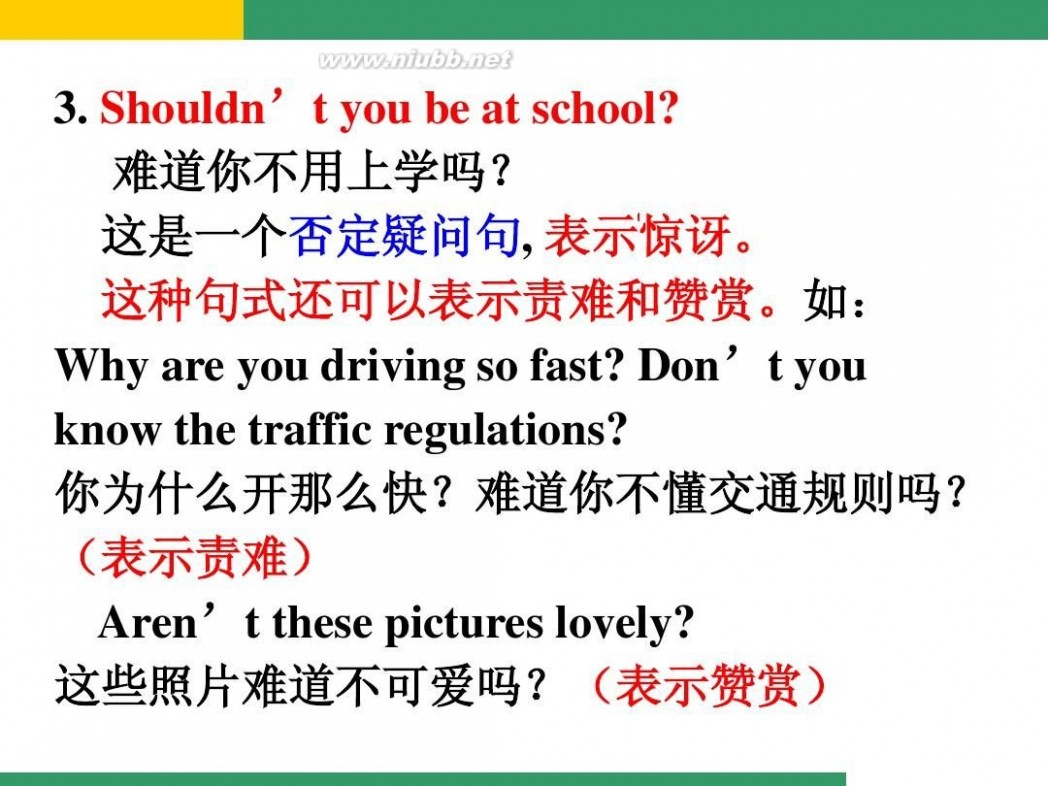
on the radio 新外研版八年级下Module10 On the radio Unit2
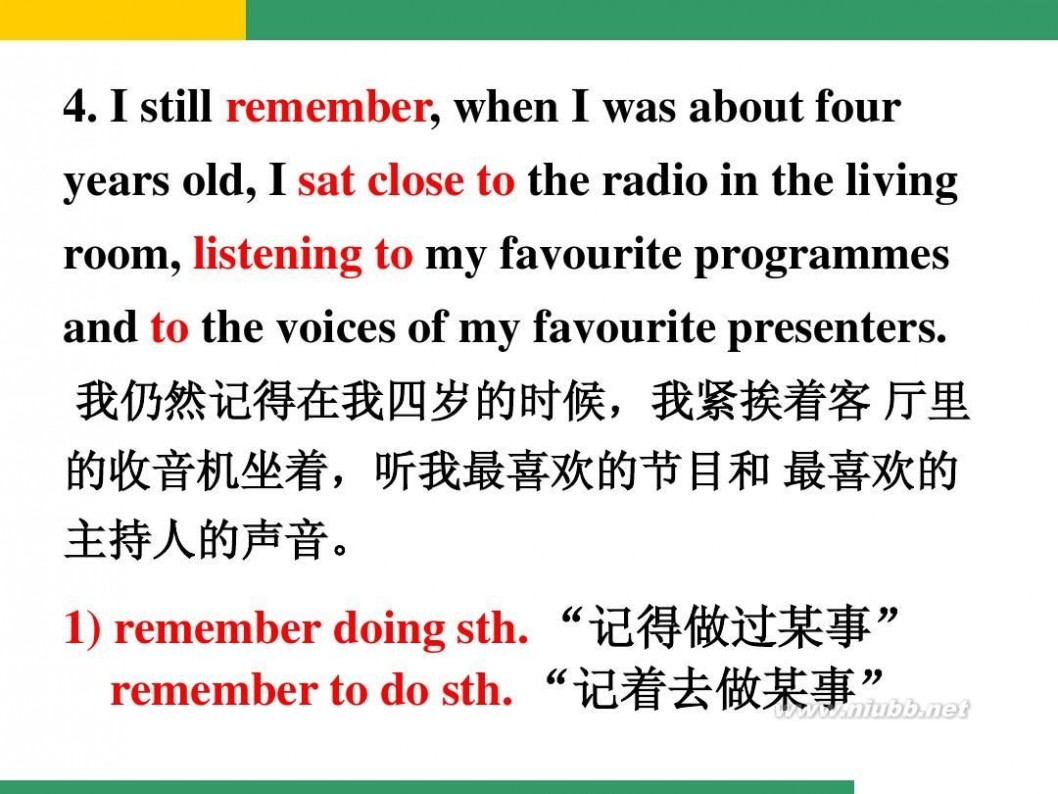
on the radio 新外研版八年级下Module10 On the radio Unit2
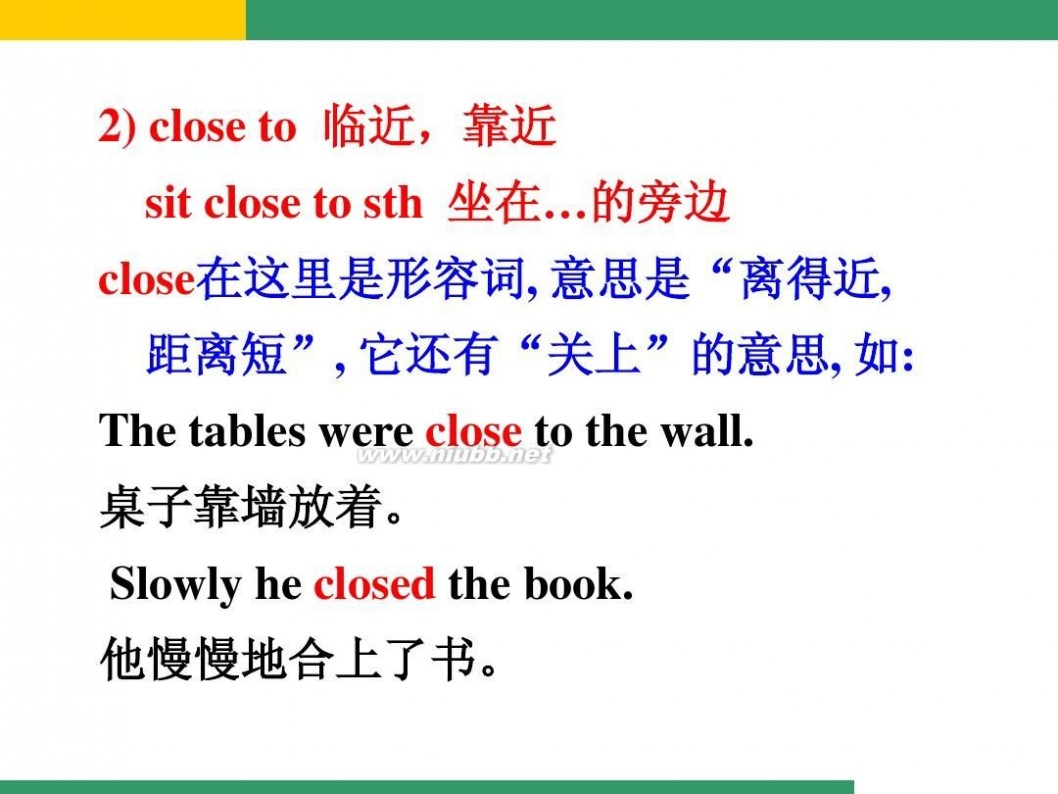
on the radio 新外研版八年级下Module10 On the radio Unit2
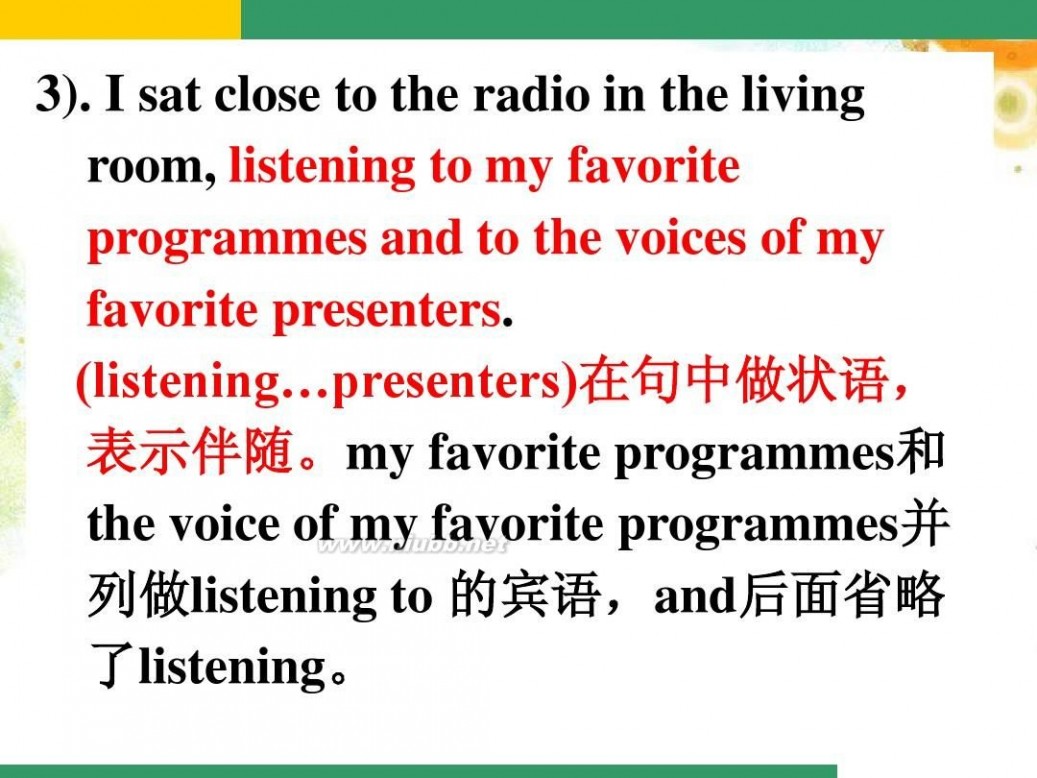
on the radio 新外研版八年级下Module10 On the radio Unit2
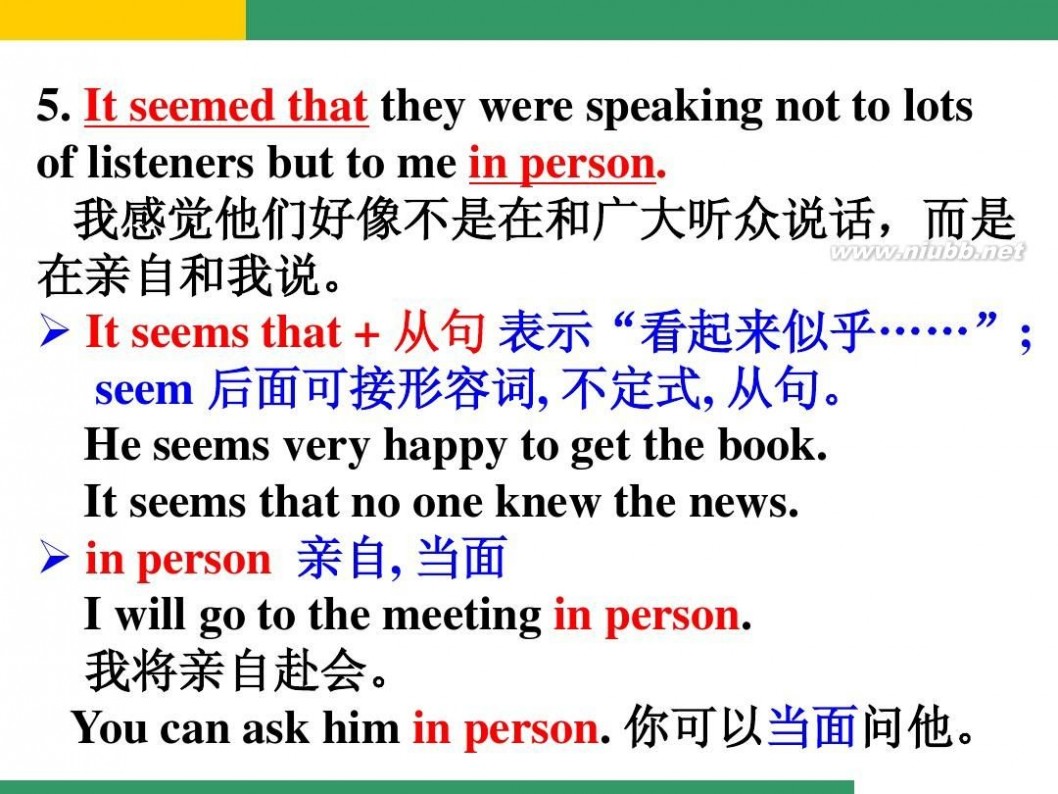
on the radio 新外研版八年级下Module10 On the radio Unit2
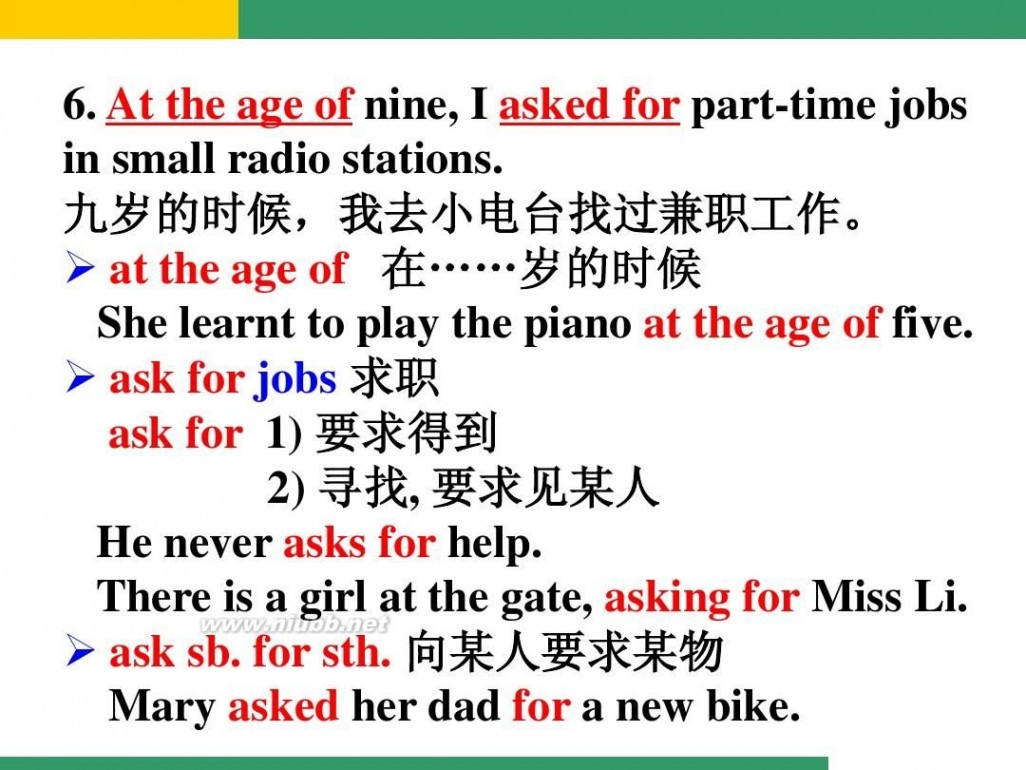
on the radio 新外研版八年级下Module10 On the radio Unit2

on the radio 新外研版八年级下Module10 On the radio Unit2
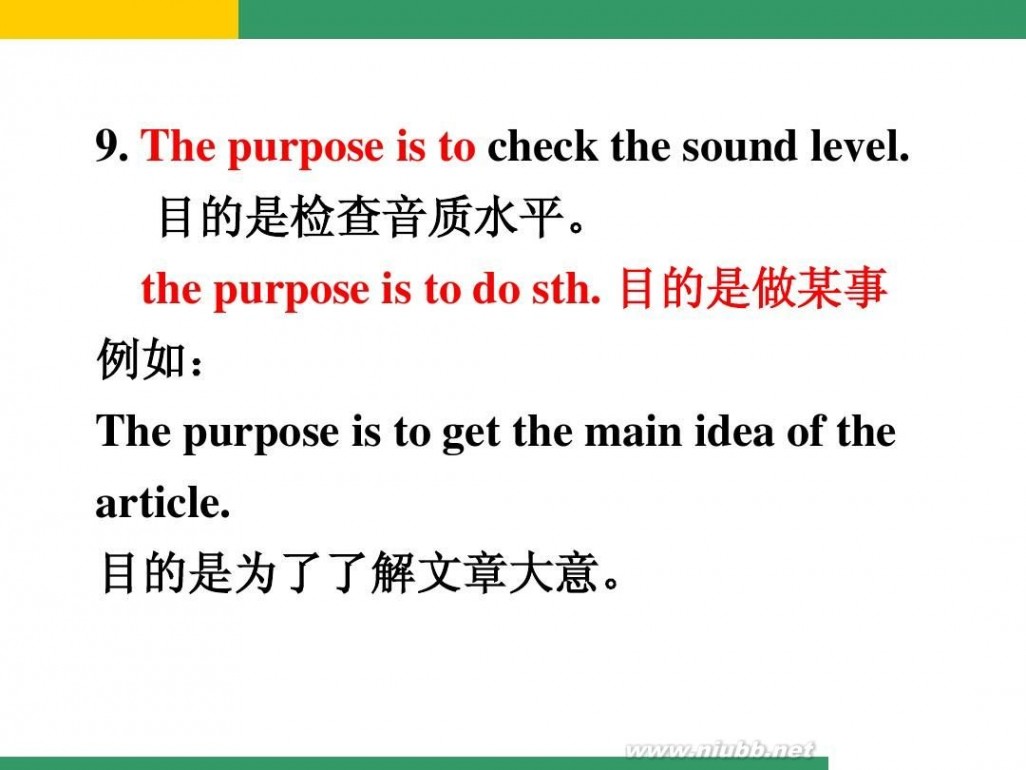
on the radio 新外研版八年级下Module10 On the radio Unit2

on the radio 新外研版八年级下Module10 On the radio Unit2
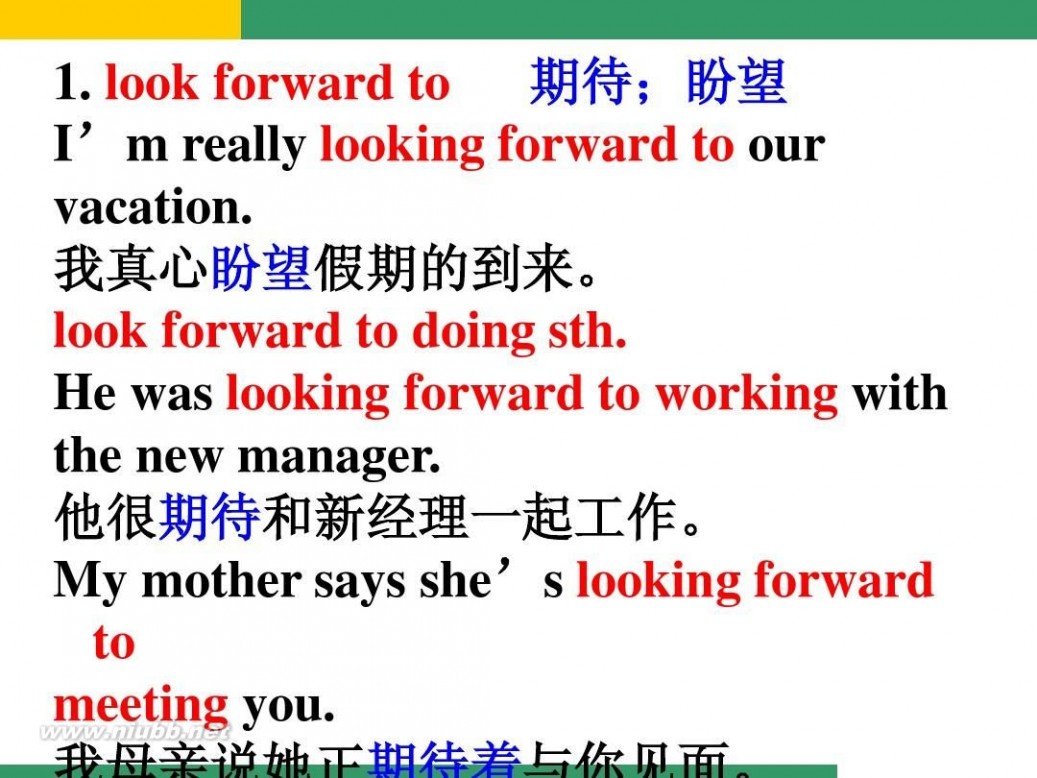
on the radio 新外研版八年级下Module10 On the radio Unit2
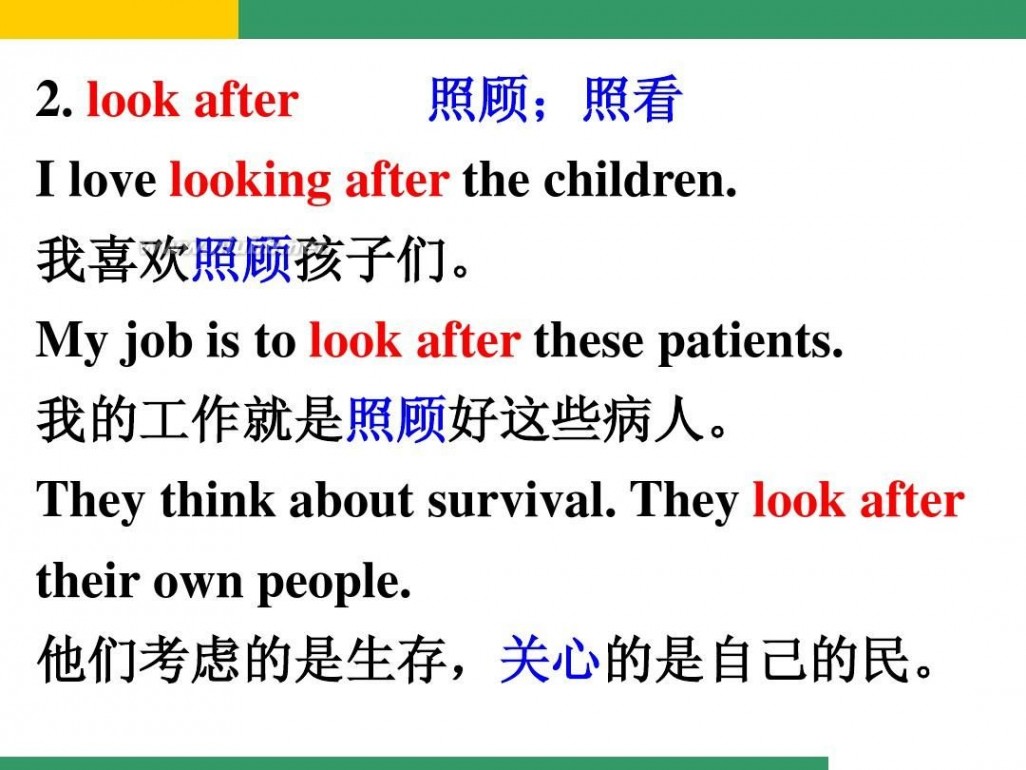
on the radio 新外研版八年级下Module10 On the radio Unit2
[www.61k.com)三 : Unit12 What’s the best radio station?教案
unit 12 what's the best radio station?language goals:1. discuss preferences.2. make comparisons.new languages:1. what’s the best cinema? 2. showtime cinema. it’s the cheapest.3. jason’s has good quality clothing. trendy teens has better quality clothing than jason’s. funky fashions has the best clothes in town.difficult points: 1. how to make comparisons.2. superlatives with –(i)est, the most.3. irregular comparisons good, better, the best, bad, worse, the worstimportant vocabulary:popular, comfortable, service, worse, worst, biggest, closest, friendliest, funniest, clothing store, radio station, cheap, cheapest, choose, close, closest, part, pretty bad, price, quality, screen, seatteaching aids:computer, pictures, recorderteaching periods:period 1: section a 1a / 1b / 1c period 2: section a 2a / 2b / 2c/ grammar focus 3a / 3b period 3: section a 4/ section b 1a / 1b / 2a / 2b / 2c period 4: section b 3a / 3b / 3c / 4 / self check1, 2 period 1teaching aims:1. teach vocabulary words and useful phrases: comfortable, seat, screen, close to, quality, theater, cinema, jeans, trendy, funky, radio station, fm, am 2. target languages: what’s the best movie theater?showtime cinema. it’s the cheapest. 3. train the listening ability.teaching procedures: step 1. new words study1. teacher shows a picture about radio to study the word “radio”.2. in the same way to study the following new words: radio station, seat, screen, cinema, theater, jeans step 2. presentation1. show three pictures of a radio.t: the first radio is big. the second one is bigger. the third one is the biggest.ask the students to repeat the sentences and remember big-bigger-biggest. make sure that they understand them.then ask: which radio is bigger? which is the biggest radio?2. in the same way to learn:close-closer-closest trendy-trendier-trendiest funky-funkier-funkiesteasy-easier-easiest friendly-friendlier-friendliest cheap-cheaper-cheapestpopular-more popular-most popular comfortable-more comfortable-most comfortablestep 3. practicelook at the pictures, and ask them and answer in pairs.e.g. a: what’s the closest cinema? b: shahe cinema is the closest.step 4. section a 1a 1. read the instructions to the class. make sure they understand what to do next.2. read the phrases to the students, and ask some students to tell the meanings. 3. write the things in the box.4. ask the students to share their ideas and tell the reasons.step 5. section a 1b 1. ask the students to read the instructions themselves aloud. make sure that they can catch the meaning of each item.2. listen to the recorder and match the statements with the movie theaters. ask them to write in the names of the theaters.3. listen again and try to repeat the conversation. step 6. section a 1cpairwork: talk about the movie theaters that they know.e.g. a: what’s the best movie theater? b: showtime cinema. it’s the cheapest. a: but i think gold theater has the most comfortable seats.step 7. section a 2a1. read the instructions to the students and ask them to pay attention to the two questions on the survey.2. listen to the recorder and circle the correct letters on the survey.3. check the results.step 8. section a 2b1. go through the phrases in 2b. ask some students to translate them.2. listen. ask the students to circle the boy’s comments about three clothing stores.3. check the workstep 9. section a 2crole play.two students play the reporter and the boy. make new conversations like the model in the book.step 10. grammar focus1. read all the sentences.2. summarize how to make comparisons with the students.homework: 1. remember the vocabulary and the target language.2. review the superlative degree of adjectives. period 2teaching aims:1. revise the target language.2. train reading abilities.3. go on learning the superlative degree of adjectives.teaching procedures:step 1. revision1. rewrite description words: add -er, -est e.g. new- newer-newest2. talk about three schools about seats, teachers, building and so on.e.g. a: huanjian school has the best teachers. b: i agree. / i don’t agree. shuangqing school has the better teachers than huanjian.step 2. section a 3a reading1. ask students to read the article, circle the words and phrases they don’t know.2. discuss the new words and phrases, guess the meaning.3. ask students to read again and complete the chart.4. check the answers.5. teacher explain the use of the key words and phrases. such as: what do …think about …? do a survey of…6. make up new sentences by using the key words.step 3. oral practice1. find out the names of three stores in the neighborhood and write them down on the blackboard.2. ask students to make a comparison about them on service, quality, and prices. write the answer in the form.3. make conversations in pairs like the one given in 3b on p73.step 4. group work: where are we going for lunch?1. write down three or more places where you often eat lunch near your school.2. ask the questions in the chart about the three places and write the answers down in the chart.3. make new conversation according to the answers ss just wrote down.homework:1. revise the target language.2. finish off the exercises on work book.3. make five groups of sentences about comparisons. period 3teaching aims:1. learn some useful expressions.(1) new words funniest, most creative, quietest, dullest, loudest, saddest, cute, music video, musical group, performer, song, success, talent show(2) structuressuperlatives with –(i)est, the mostirregular comparisons good, better, the best, bad, worse, the worst(3) grammarthe superlative degree of adjectives.2. train the speaking, listening and reading abilities.teaching procedures:step 1. revision talk about their teachers. make sentences with the following words: friendly, tall, quiet, funny, goode.g. i think a is taller than b. i think c is the tallest.step 2. section b 1a 1b1. discuss with the students about movie characters, list out the words on the blackboard to help the students describe them.creative, honest, wise, funny, brave, dull, worst, boring, stupid, noisy2. fill in the chart.
positive words negative words most creative dullest quietest loudest best worst funniest most boring
3. make sentences by using the positive words. step 3. listening section b 2a 1. look at the picture. talk about the picture by asking and answering the target language.2. listen to the recorder.3. write down the name you hear under the right picture.4. check the answers.step 4. listening section b 2b1. go through the chart.2. listen and write down the answers.3. listen again and check the answer.step 5. practice in pairs section b 2c1. ask students to look at the information about the talent show and work in pairs.2. ask some groups to make conversation before class.step 6. summary ask a student to tell class what they learned.homework: 1. remember the following words:funniest, most creative, quietest, dullest, loudest, saddest, cute, music video, musical group, performer, song, success, talent show2. make a new conversation and write it down on the exercise book.(using superlative as much as possible.) period 4teaching aims and demands:1. grasp grammar in this unit.2. train writing abilities3. self check.teaching methods: control writingteaching procedures:step 1. warming-up greet the whole class as usual.let students make their own sentences with the key words in section b 1astep 2. reading section b 3a1. read the instructions and the words in the box to the class.2. the whole class read the article together aloud as quickly as they can.3. ask students to read the article by themselves in silence and fill in the blanks.4. check the answers.step 3. writing practice section b 3b 1. ask students to read 3a again. and write an article about another performer in 2b on p74.2. encourage students to correct each other’s writing and give the comments .3. ask some students to read their articles in front of the class.4. teacher gives them some comments.step 4. group work1. go through 4 on p75 to see if there is anything students don’t know.2. ask and answer in groups of four. each student should ask the others all the questions given in the chart.3. write down the answers in the chart.4. report the results to the class.step 5. self check 11. read the instructions to class.2. read the words and sentences to class and make sure that they understand.3. fill in the blanks with right form.4. ask someone to check the answers.5. make sentences with the words.step 6. reading self check 21. look at the pictures and talk about them. where is it? is it hot? is it hotter than our hometown?2. read the instruction, get ready to read the passages.3. read carefully. write down the answers in the chart.4. read aloud. make sentences with the key words in this part.homework: 1. retell 3a on p73.2. remember all the words in this unit.3. finish exercise one on p77.四 : Unit12 What’s the best radio station?同步讲解
第12单元疑难问答
1. it has the most comfortable seats. 它有最舒适的座位。
【问】 请问哪些形容词的最高级需要在其前面加most?
【答】单音节形容词的最高级通常在词后加est,部分双音节词,需要在其前面加most,绝大多数的多音节词需要在前面加most。因此在平时的学习中要注意积累。如:
it is the cheapest. 它是最便宜的。
reading is the most important way to study english. 阅读是学习英语最重要的方式。
watching tv is the most boring thing. 看电视是最无聊的事。
2. my sister isabel is the funniest person i know. 我的妹妹isabel是我认识的人中最有趣的。
【问】i know在句中作什么句子成分?
【答】i know是一个从句,修饰person,作定语,我们称之为定语从句。定语从句需要置于所修饰、限定的词后。
如: this is the man i saw yesterday. 这就是我昨天见到的那个人。
the chores i do every day is to make the beds. 我每天做的家务事就是理床。
3. we need some more actors for the talent show. 我们的才艺秀还需要一些演员。
【问】some more是什么意思,还有类似表达吗?
【答】some more翻译为“另外一些”。类似的结构还有“数字+more”结构,相当于“another +数字”。 one more=another one, two more =another two。例句:
you have eaten two apples. would you like one more? 你已经吃了一个苹果了,你还有吃一个吗?
if we want to finish the work on time, we need ten more workers. 如果我们想按时完成任务的话,我们还需要10名工人。
。
4. sanya is in hainan province in southern china. 三亚位于中国南部的海南省。
【问】 句中southern与south相同吗?
【答】 不同。south是名词形式,意思是“南方”。southern是形容词形式,意思是“南方的”。 例如:
i live in the south of china, but i don’t like southern food. 我生活在南方, 但我不喜欢南方的食物。
guangxi is in the south of china. 广西位于中国南方。
we live in the southern part of the building. 我们住在这栋楼的南部。
五 : Module 10 On the radio教案
Module 10 On the radio
【教材分析】
Module 10的主要内容以广播为话题, 具体涉及对电台的简单介绍收听广播和播音员的职业生活等。(www.61k.com)要求同学们通过学习本模块, 能够粗略了解播音节目和播音员的生活,同时明白只有从小立志, 努力学习, 勇于实践, 才能实现理想, 实现人生价值。语法重点是宾语从句的时态。通过操练,使学生在掌握语言结构的同时, 既学习语言知识, 感悟语言功能, 又能了解广播知识。教学中教师应随时随地以与广播有关的知识吸引学生,灵活利用各种素材组织教学过程和内容。充分调动学生的积极性。
Unit 1 I hope that you can join us one day.
【教学目标】
Knowledge objective
1. Words: director, avoid, background, national, international, presenter, interview
2. Expressions: on air, show sb. around, keep doing sth, do interviews with
3. Grammar: the tense of the object clause
Ability objective
能听懂和阅读关于介绍广播电台的语言材料,能从课文中明白如何实现理想,实现人生的价值;能编写有关广播的对话。
Moral objective
在课文文本的学习中,加强团队合作精神,调动学生的良性竞争意识;了解有关电台实况转播的要素,以及技术发明对人类文明发展的切实意义;了解当下名人成名的奋斗史,用理性的思维体会成功光环背后的努力勤奋与付出。
【教学重点】
The tense of the object clauses.
【教学难点】
1. The tense of the object clauses.
2. The use of “on air, avoid doing sth. and do an interview with sb.”.
【教学方法】
PWP method, task-based method and interactive approach
【教学手段】
A tape recorder, multimedia and some pictures
【教学过程】
Teaching Procedures:
Step 1 Consolidate new words
Look and say. The teachers shows the pictures of new words and let the students to Step 2 Leading-in
Ss look the pictures and answer the questions. say as soon as possible. Step 3 Listening
1. Listen Part 1 and check the types of news you hear.
2. Listen again and complete the sentences.
3. Listen to Part 3 and answer the following questions.
1) What should we avoid doing in the background?
2) Do they collect the lasted national and international news in the newsroom? Step 4 Reading
on the radio Module 10 On the radio教案
1. Now complete the notes.
2. Find out the object clauses in the dialogue.
Step 5 Everyday English
Let Ss say the everyday English that they have learnt in the passage. Step 6 Language points
1. I’m the news director at Radio Beijing.
director “导演,主管,经理”。[www.61k.com]是名词。动词为direct。
2. When it’s on, it means we’re on air.
on air, “(广播或电视)播出,正在广播”。
e.g. We will be on air in about five minutes. 我们将在大约五分钟后开始广播。
3. Thank you for showing us around.
show “引领,带领”。
show sb. around, “带某人参观,给某人做向导”。
e.g. Shall I show you around the factory? 我带你去参观工厂, 好吗?
4. And we should avoid making any noise in the background!
avoid“避免,防止”
avoid + doing sth. “避免做某事”
e.g. Please try to avoid making the same mistake next time.
下次请尽量避免犯同样的错误。
5. So keep studying, and I hope that you can join us one day.
keep doing sth. 表示“坚持做某事”。
e.g. Keep climbing until you get to the top of the mountain.
6. And it is where we do interviews with the big sports stars.
interview 采访,访谈”。是可数名词。
do an interview with sb. “采访某人”
give an interview to… “接受……的采访”
e.g. I want to do interviews with the headmaster at school next month. Step 7 Complete the sentences with the words in the box
Read the sentences carefully. Then use the words to fill in the blanks.
Draw the answers from Ss one by one.
Step 8 Listening and say
Read and predict how the speaker is likely to pronounce the.
Now listen and check.
Say the expressions in Activity 5 aloud.
Step 9 Acting
Work in pairs. Ask and answer questions about the radio.
What do you like listening to?
What do you not like listening to?
What programme did you listen to the last time you turned on the radio? What do you need to do if you want to be a presenter?
Now work with other pairs. Find out who has the same answers.
Step 10 Grammar
在前两个模块中,我们学习了三种宾语从句。
除了我们讲过的引导词和语序问题,还有一个时态问题。
on the radio Module 10 On the radio教案
请同学们观察下面宾语从句的时态特点。[www.61k.com]
(1) I can hardly believe we are in the city centre.
(2) I am sure it will be fantastic to see the city from the top.
(3) I did not know who she was.
(4) We thought somebody was moving about.
(5) Lingling’s uncle said that it was wrong to pull leaves off plants…
从上面的句子中我们不难发现,宾语从句的时态和主句的时态是息息相关的。 当主句是现在时态时,从句可以根据实际情况选择不同时态。
扩展:on the radio / turn on the radio / on the radio 歌词
当主句是过去时态时,从句一般使用相应的过去时态。
Step 11 Exercises
1. He is the famous ______ of Harry Potter.
A. direct B. director C. act D. reporter
2. The radio is _____, and we can hear the news now.
A. in air B. on air C. to air D. by air
3. We should _______ eating too much meat in our daily life.
A. speak B. show C. hear D. avoid
4. -Could I do an ______ with you tomorrow?
-Yes, of course.
A. interview B. interviews
C. director D. directors
Keys: BBDA
Step 12 中考链接
1. --I don’t know _____.
--Because he has to look after his mother. 【2013天津】
why he is leaving
B. why is he leaving
C. whether he is leaving
D. whether is he leaving
2. I didn’t understand _____. So I raised my hand to ask. 【2013巴中】
A. what my teacher says
B. what my teacher say
C. what my teacher said
3. —Could you tell me ______?
—At the end of July. 【2013山东青岛】
A. how often he heard from his pen pal
B. how soon he will be here
C. that he went on vacation
D. when you will start your vacation
4. —Could you please tell me _______ tomorrow?
—At 8 o'clock. 【2013福建福州】
A. how will she come
B. where she will go
C. what time she will start
Keys: ACDC
on the radio Module 10 On the radio教案
Step 13 Homework
根据下面的信息介绍著名主持人何炅,60词左右。[www.61k.com)
何炅,中国知名主持人,北京外国语大学教师。自1998年起,主持湖南卫视的《快乐大本营》栏目长达十余年。此外,曾主演《正德演义》等影视剧尤其2004年发行的歌曲《栀子花开》深受好评.
Unit 2 It seemed that they were speaking to me in person.
【教学目标】
Knowledge objective
Key vocabulary—seem, listener, age, article, studio, purpose
Key structures—in person, at the age of
Ability objective
To get information from the passage about radio programmes.
To master the tense of the object clauses.
Moral objective
To develop students’ interest in study; To realize own purpose of life by working hard step by step.
【教学重点】
1.To learn about some expressions in the passage.
2.To learn about the tense of the object clauses.
【教学难点】
1. To get information from the article.
2. The use of “in person and seem”.
【教学方法】
PWP method, task-based method
【教学手段】
A tape recorder, multimedia and some pictures
【教学过程】
Teaching Procedures:
Step 1 Warming up
Look at the pictures and answer the questions.
Step 2 New words
Look and say. The teacher shows the pictures of new words and let the students to say as soon as possible.
seem, listener, part-time, article, studio, purpose
Step 3 Pre-reading
Look at the photo and say what it shows.
Step 4 Listening
Listen to Part 2 and answer the questions.
When did the writer start listening to his favourite programme?
When did he ask for part-time jobs in small radio stations?
Keys: 1. When he was four years old.
2. At the age of nine.
Step 5 Reading
Read the passage and decide where you are likely to see the photo.
on the radio Module 10 On the radio教案
a) In a book about the history of radio.
b) In the life story of a famous radio presenter.
c) In a room on how radio works.
Key: b
Complete the sentences.
The writer met ________________ in a radio station.
2. The manager asked why he wanted a job _______.
3. At the age of four, the writer ________________, listening to his
favorite programmes.
4. At the age of nine, he asked for part-time jobs in __________.
5. As he grew older, he learnt about ____________.
6. This was how the writer’s ___________________ began.
Keys: a radio manager, in radio, sat close to the radio in the living room small radio stations, Internet radio, first real job in radios
Complete the passage with the words in the box.
article, at the age of, in person, listener, purpose, seem, studio
Peter (1) _____ to be very happy with his new job. He works in the (2) _____ of a local radio station. He is lucky that (3) ___________ only twenty he is doing something he loves and has a real (4) _______. Every morning when he starts work, he does a sound check and then he looks for interesting newspaper (5) ______ to talk about on the show. The (6) _______ can phone in to talk to Peter or they can send emails to ask him to play their favorite songs. At the end of the show, he closes down all the equipment and goes home.
Keys: seems, studio, at the age of, purpose, articles, listeners
Step 6 Learning to learn
To learn about the order in which different events happen.
扩展:on the radio / turn on the radio / on the radio 歌词
Step 7 Language points
1. The radio manager looked down at me.
look down at sb. 向下看着某人
e.g. Tom, look down at the river. See all those boats and ships?
汤姆,看下面的河。[www.61k.com)看到那些大大小小的船只吗?
2. I sat close to the radio in the living room.
close to 临近,靠近 sit close to sth 坐在…的旁边
e.g. Take away the box close to the desk. 把那个盒子放在靠近桌子的地方。
3. I sat close to the radio in the living room, listening to my favorite programmes and to the voices of my favorite presenters.
(listening…presenters) 在句中做状语,表示伴随。my favorite programmes 和the voice of my favorite programmes并列做listening to 的宾语,and后面省略了listening。
4. It seemed that they were speaking not to lots of listeners but to me in person. It seems +that从句:看起来似乎……
It seems to sb.+ that从句:在某人看来似乎……
e.g. It seemed that she was interested in the book.
in person 亲自,本人
on the radio Module 10 On the radio教案
e.g. She went to New York to receive the award in person.
5. At the age of nine, I asked for part-time jobs in small radio stations.
ask for 要,寻求 at the age of 在几岁时
e.g. At the age of five he showed great interest in the music.
他在五岁时显示出对音乐的兴趣。[www.61k.com)
6. I did this by looking out of the window.
look out of the window 向窗外看 by doing sth. 通过做某事
e.g. I learned English by reading magazines. 我通过读杂志学习英语。
7. The purpose is to check the sound level
the purpose is to do sth. 目的是做某事
e.g. The purpose is to get the main idea of the article. 目的是为了了解文章大意。 Step 8 Grammar
宾语从句的时态。
1.当主句是现在时态时,从句可以根据实际情况选择不同时态。
现在时包括一般现在时、现在进行时、一般将来时和现在完成时。 e.g. He tells us that he will go shopping later.
I don’t know why you were surprised.
2. 当主句是过去时态时,从句一般使用相应的过去时态。
过去时态包括一般过去时、过去进行时、过去将来时和过去完成时。 e.g. I heard that how you felt.
He asked if he could watch TV after finishing his homework.
3. 当宾语从句为客观事实、客观真理时,要用一般现在时。
e.g. He told me that the earth goes round the sun.
Step 9 Writing
1. Look at the sentences from the passage.
1. “How old are you?” The manager looked at me.
“Fifteen,” I said.
“And you want a job in radio? Shouldn’t you be at school?” he asked.
2. I have always loved the radio. I still remember, when I was four years old, I sat close to the radio in the living room, listening to my favorite programmes and to the voices of my favorite presenters.
2. Now find sentences in the passage in Activity 2 which shows:
important events in the past
background information
3. Write a passage describing an important event in the past and giving background information.
I first appeared on TV at the age of thirteen. A television presenter stopped me in the street, and started to interview me…
Step 10 Summary
Let Ss talk about what they have learnt in class.
Step 11 Exercises
1. It seemed ___ they went to go skiing together.
A. if B. whether
C. that D. what
on the radio Module 10 On the radio教案
2. You can go to talk with Mr. Smith ___ in the English corner.
A. in person B. in radio
C. in people D. in studio
3. At the ____ of twelve, he went to the junior high school.
A. question B. sound
C. job D. age
4. The purpose is ____ my favorite music.
A. listen B. listens
C. to listen D. listening
Keys: C, A, D, C
Step 12 中考链接
1. --Do you know ____ this afternoon?
--I'm not sure, but I'll tell you as soon as she ____. 【2013江苏连云港】
A. how will Betty arrive; starts
B. how Betty will arrive; will start
C. what time will Betty arrive; will start
D. what time Betty will arrive; starts
2. As a middle school student, we should start thinking about ____ for our country in the future. 【2013山东临沂】
A. what we did B. what did we do
C. what we can do D. what can we do
3. —I wonder ____ at 8:00 last night?
—I was watching NBA. 【2013铜仁】
A. what were you doing
B. what did you do
C. what you were doing
D. what are you doing
4. I don't remember ____ the book yesterday. 【2013北京】
A. where I put
B. where did I put
C. where will I put
D. where l will put
Keys: D, C, C, A
Step 13 Homework
你的同学要过生日了,请给校园广播节目写一篇稿件祝贺同学的生日。(www.61k.com) Unit 3 Language in use
扩展:on the radio / turn on the radio / on the radio 歌词
【教学目标】
Knowledge objective
Get the students to be able to use the new words and expressions they learnt in this module.
Ability objective
To summarize and consolidate the tense of the object clauses.
Moral objective
To develop students’ interest in radio and make them study hard from now on.
on the radio Module 10 On the radio教案
【教学重点】
To be able to use the tense of the object clauses correctly.
【教学难点】
Through listening, speaking and writing, let students practise the tense of the object clauses.
【教学方法】
PWP method, task-based method
【教学手段】
A tape recorder, multimedia and some pictures
【教学过程】
Teaching Procedures:
Step 1 Revision and lead-in
Let Ss look at the pictures and answer the questions to review what they have learnt.
Step 2 Language practice
1. I hope that you can join us one day.
2. When it’s on, it means we’re on air.
3. It seemed that they were speaking to me in person.
4. Just tell me what you had for breakfast.
Step 3 Match the two parts of the sentences.
Read the two parts of the sentences carefully. Then match the two parts. There may be more than one possibility.
The listeners tell us …
They were happy to know …
He asked …
Did they know …
Have you heard …
a) … when she came into this room.
b) … what they want to hear.
c) … that they won the first prize last week.
d) … that he will come?
e) … what he was doing at that time?
Answers:
The listeners tell us what they want to hear.
They were happy to know that they won the first prize last week.
He asked when she came into this room.
Did they know that he will come/ what he was doing at that time?
Have you heard that he will come/ what he was doing at that time?
Step 4 Complete the conversation with the words in the box.
1. Read the conversation carefully.
2. Use the words in the box to fill in the blanks.
how if that when who why
Tony: Hello, everyone! Thanks for waiting-now I can tell you (1)______ has won the English Writing Composition. It’s Linging! Linging, tell us, (2)_____ do you feel?
on the radio Module 10 On the radio教案
Linging: Well, I feel great. I was quite surprised (3)______ I heard (4)______ I was the winner.
Tony: I don’t know (5)_____ you were surprised.
You’ve always been the best at writing in the school.
Linging: I don’t know about that! A lot of other students are good at writing as well. Tony: But there’s only one winner. Well done, Linging! What’s the prize?
Linging: It’s an electronic dictionary.
Tony: Fantastic! And (6) ____ you want to read Linging’s article, you can find it in the school magazine.
Answers: who, how, when, that, why, if
Step 5 Read the conversation in Activity 2 again and complete Daming’s diary. Read the conversation in Activity 2 again.
Then complete Daming’s diary.
18tMay Saturday
I have heard that Linging (1)________________________________. Tony said
(2)_________________________ at the news in the beginning. I know (3) ______________ an electronic dictionary, and I think (4)_______ fantastic. I have decided (5) _________________________. Then maybe next time I will write an article for the competition.
Answers:
(1) has won the English Writing Competition
(2) Linging was quite surprised
(3) the prize is/was
(4) it is
(5) that I will practise my English writing
Step 6 Complete the passage with the correct form of the expressions in the box Look through the passage and choose the right expressions.
Draw the correct answers from each group.
be on air in person make noise show you around the end of
I am going to (1)_________________ the radio station. When the red light is on, it means we (2)__________. You have to avoid (3)_____________. I know some of you would like to work in radio. I will introduce you to the presenters. They will talk to you (4)__________. This screen shows us what is happening in the world. The first programme of the day starts at 5 am, and the station closes down at 12 pm. OK, that is
(5)__________ the tour. Has anyone got any questions?
Answers:
(1) show you around (2) are on air (3) making noise
(4) in person (5) the end of
Step 7 Listening
Listen and say what Kate’s job is.
A newspaper reporter.
A radio presenter.
A newsreader.
Listen again and complete Kate’s timetable.
on the radio Module 10 On the radio教案
10 am Kate _____ in a park.
11 am ___________________________________
扩展:on the radio / turn on the radio / on the radio 歌词
4 pm The programme _______.
In the first part of the shows, Kate __________ her guests.
Then the __________ comes in. This takes about _____ minutes.
After that is the ______________.
Finally listeners _______the station and _______ Kate.
7:30pm The programme _________.
Now listen and number the pieces of advice in the order you hear them.
Step 8 Reading
Read the interview in Part 7 and complete the notes.
Experiences
At fifteen years old, Bernard started to (1) __________________.
At seventeen years old, Bernard became the (2)__________ presenter of a teenage radio show.
He has worked for a national radio station for (3)______ years now.
Opinions
To become successful, you need to (4)_______________.
It is also important to (5)______________.
Answers: present music shows, youngest, four, work hard, love your job,
Step 9 Around the world
To learn about the clockwork radio.
The clockwork radio
Trevor Baylis, a British inventor, was listening to a radio programme about health problems in Africa one day. He then realised how much a radio could help African people learn about health and health care. Electricity and batteries are expensive and hard to get in some parts of Africa, so he developed a clever radio that works without batteries or electricity. The clockwork or wind-up radio, first made in South Africa in the 1990s, changed the lives of many African people. Even in tiny villages which had no electricity or other forms of communication, people began to listen to the radio, not only for entertainment, but to educate themselves too. Step 10 Writing
Work in groups. Decide what to include in your school radio programme.
Write each section of the programme.
Do your school radio programme. Try to record it if possible.
Present your radio programme to the rest of the class.
Step 11 Summary
To let Ss say what they have learnt.
Step 12 Exercises
Do some exercises and draw the answers from the Ss.
1. -- Can you tell me ______?
-- She is in the computer lab.
A. where Linda was B. where is Linda
C. where was Linda D. where Linda is
on the radio Module 10 On the radio教案
2. -- Excuse me, could you tell me ________?
-- Sorry, sir. I wasn’t there at that time.
how did the accident happen
B. how the accident happened
C. how does the accident happen
D. how the accident happens
3. — What did your teacher say this morning?
— She told us _______.
A. why was Tom late for school again
B. whether we had too much homework
C. how she did come to school this morning
D. that we would have a test soon
4. — Could you tell me ________?
— They’re over there.
A. where are the restrooms
B. where were the restrooms
C. where the restrooms are
D. where the restrooms were
Answers: DBBC
Step 13 中考链接
Do some exercises from the entrance exam to senior high schools.
1. — I want to know _____.
— Sorry. I’ve no idea. But she was here just now. 【2013广东湛江】
A. where is Ann B. where Ann is
C. where was Ann D. where Ann was
2. — Hi, Bruce. Here is a letter for you.
— Thanks. I wonder _______. 【2013山东滨州】
A. who the letter was from
B. who was from the letter
C. who was the letter from
D. who from the letter was
3. — Could you tell me _______? I’m going to pick you up at the airport. — At 15:45 this Friday. 【2013浙江宁波】
A. where you met me
B. who you are coming with
C. when you came here
D. what time you are arriving
4. The woman asked the policeman where ________. 【2013山东潍坊】
A. the post office is B. was the post office
C. is the post office D. the post office was
Answers: BADD
Step 14 Homework
on the radio Module 10 On the radio教案
(www.61k.com]on the radio Module 10 On the radio教案
(www.61k.com]扩展:on the radio / turn on the radio / on the radio 歌词
本文标题:on the radio-in the radio和on the radio有什么区别?61阅读| 精彩专题| 最新文章| 热门文章| 苏ICP备13036349号-1